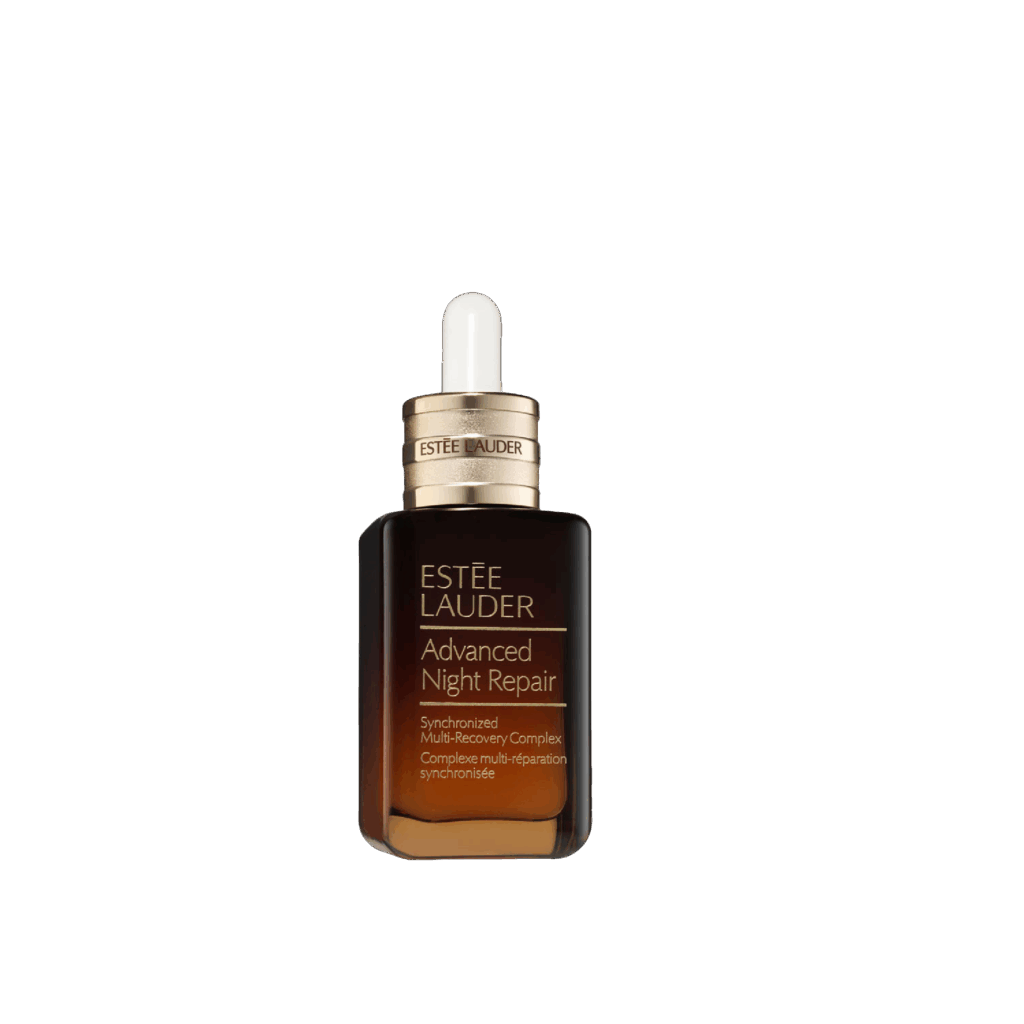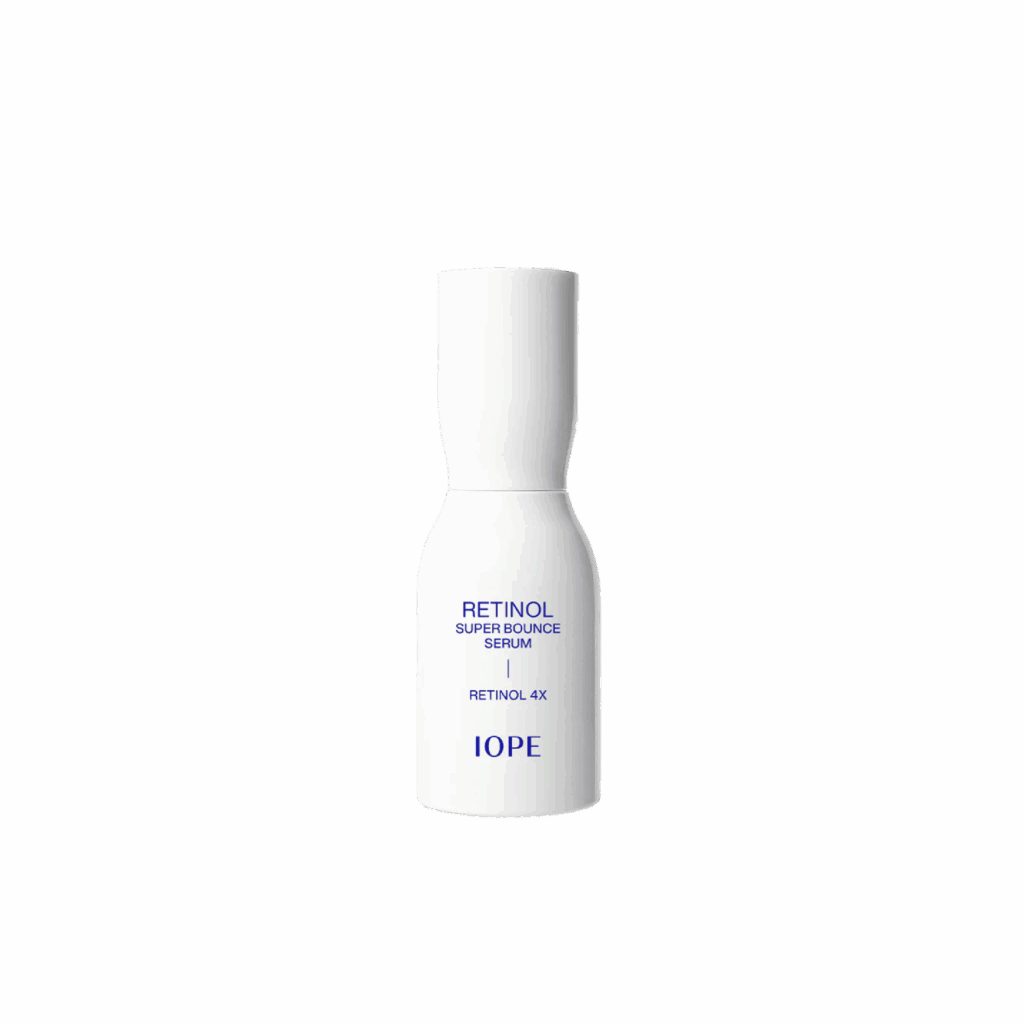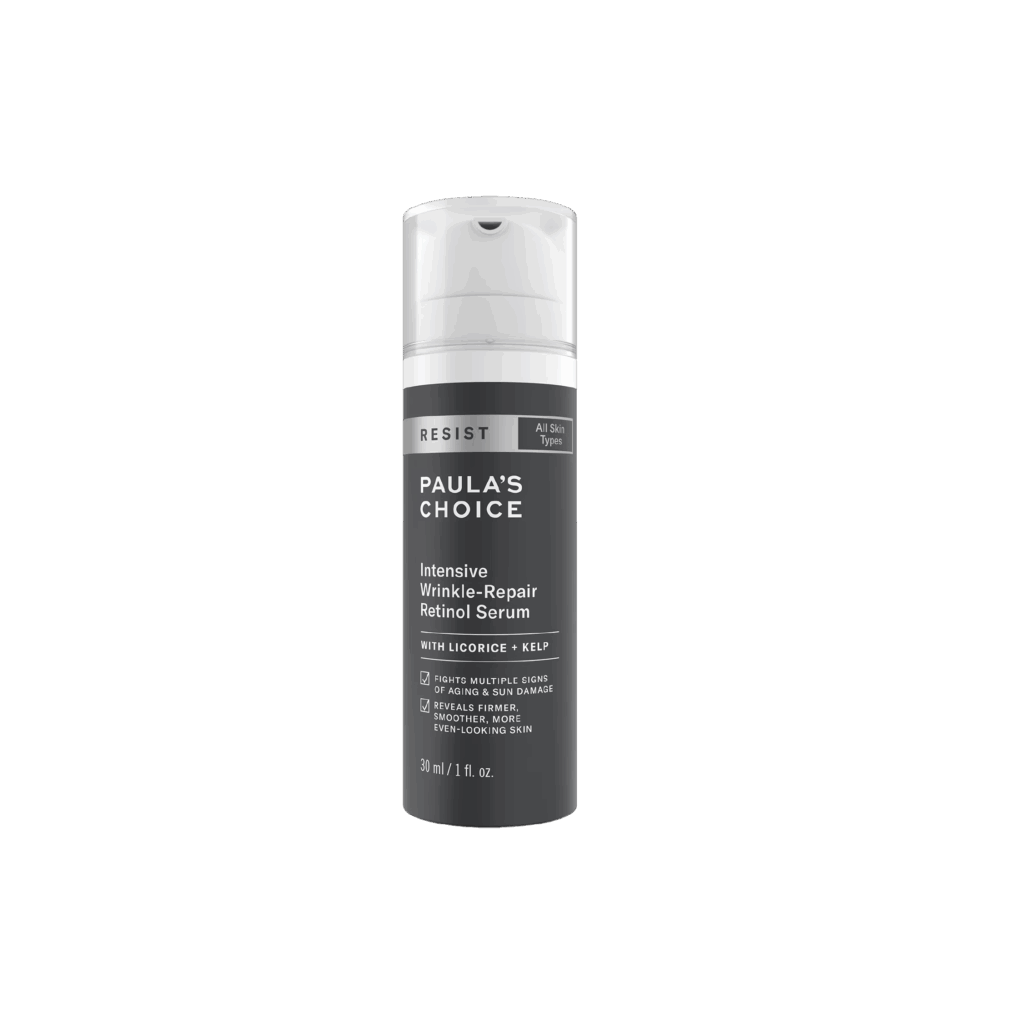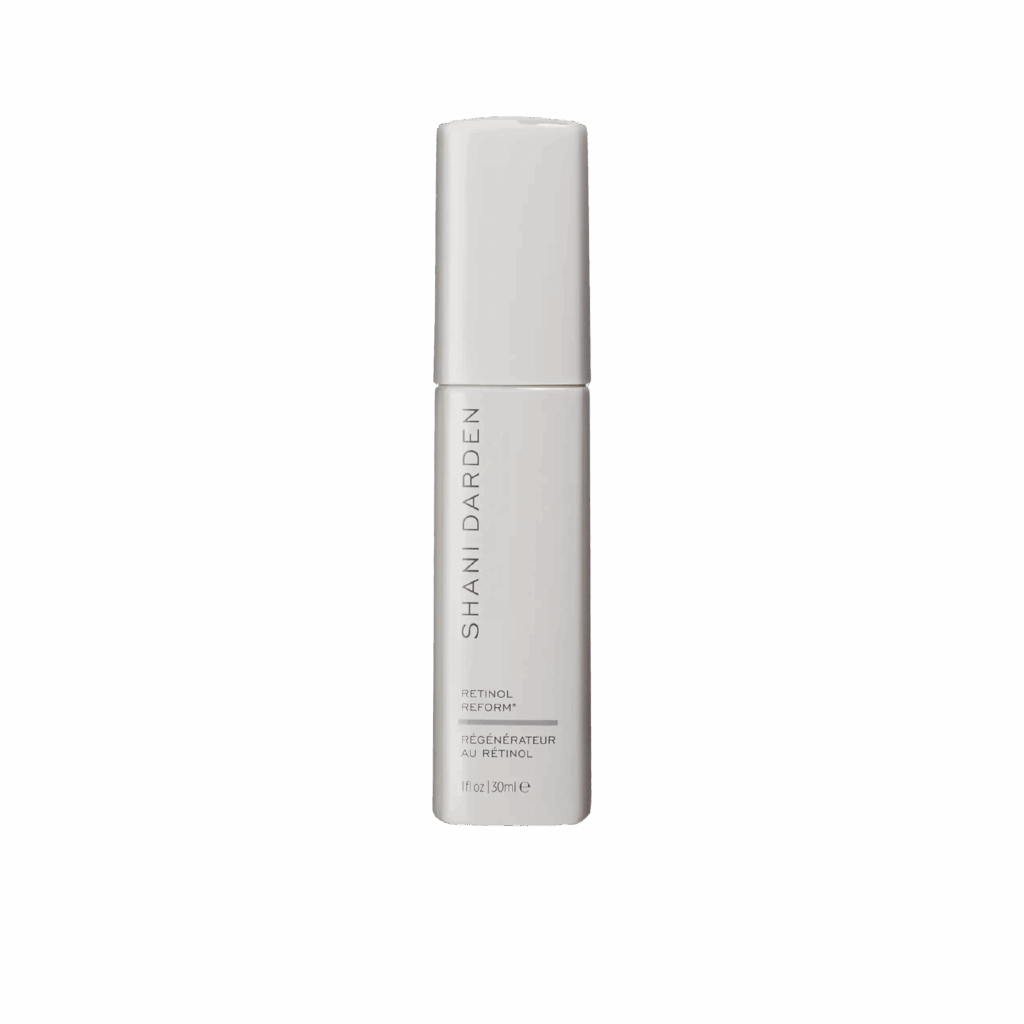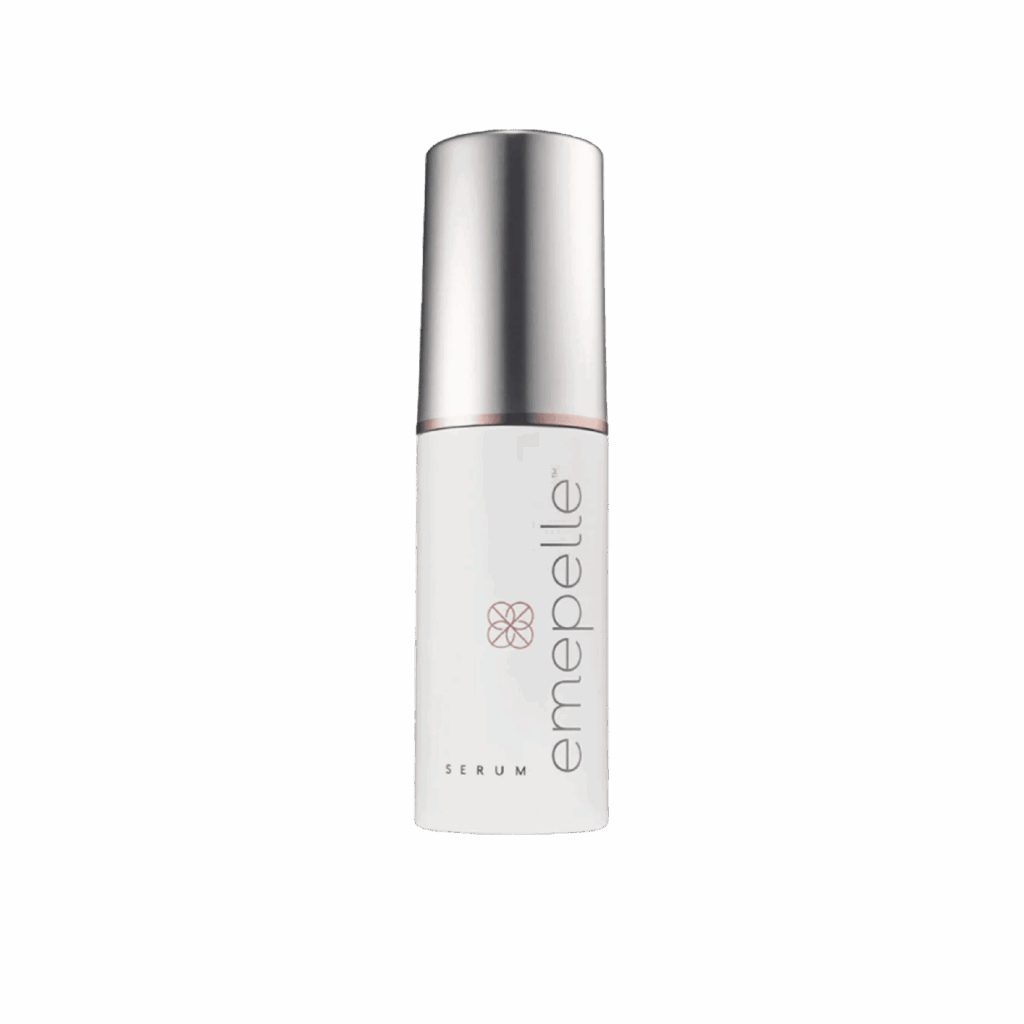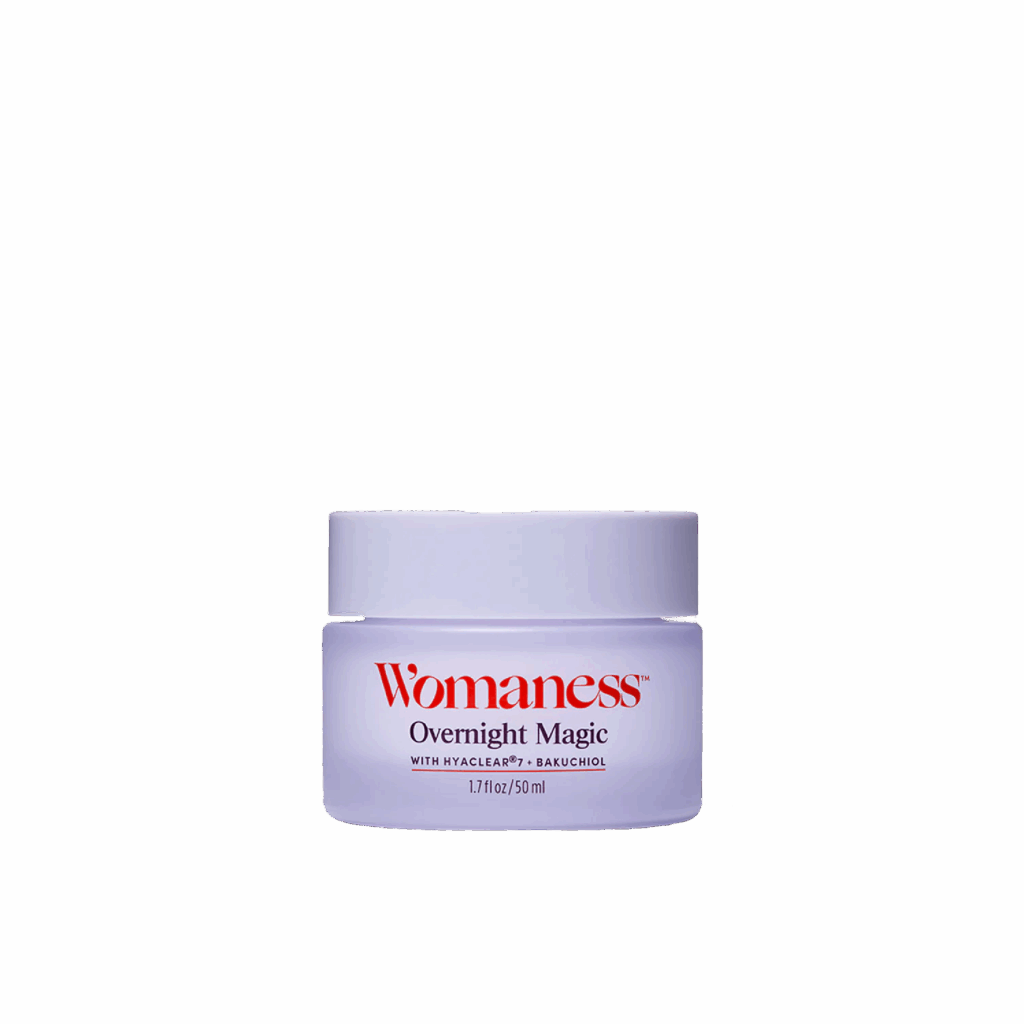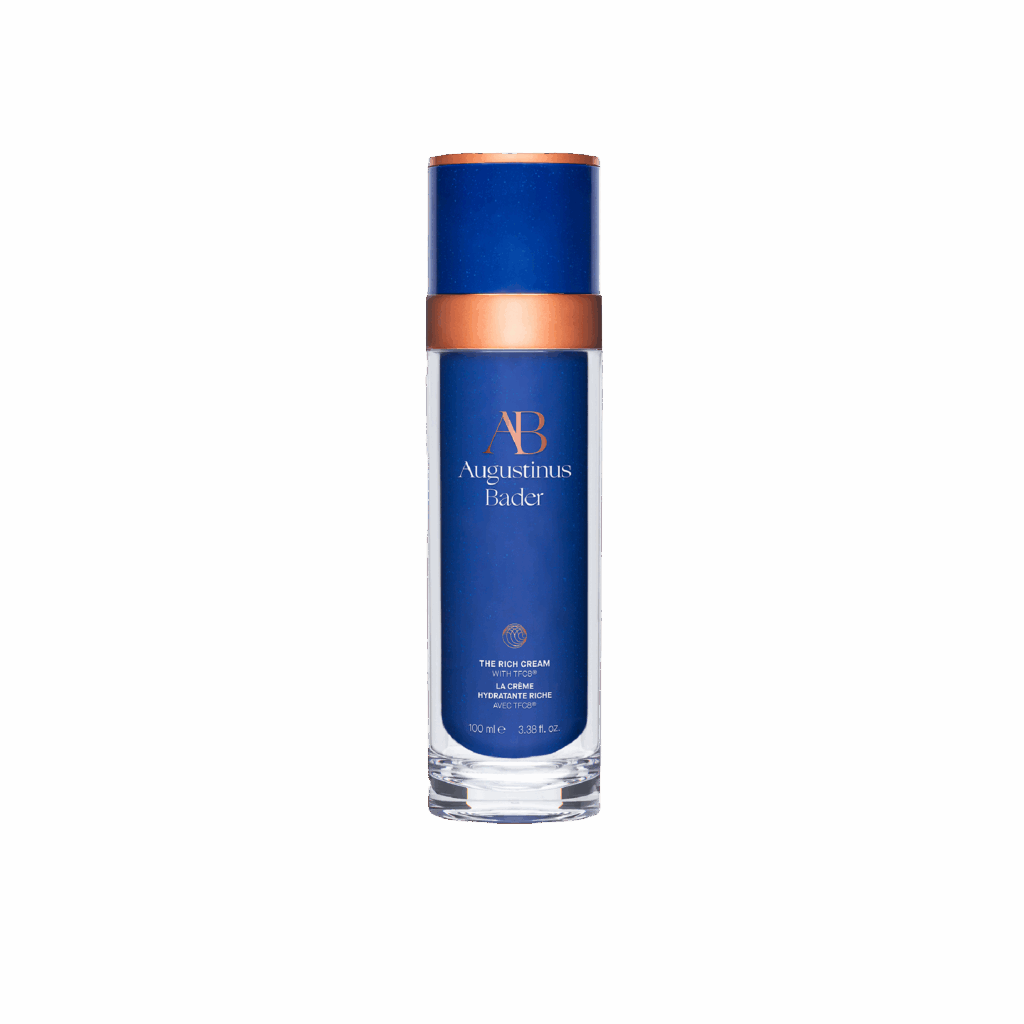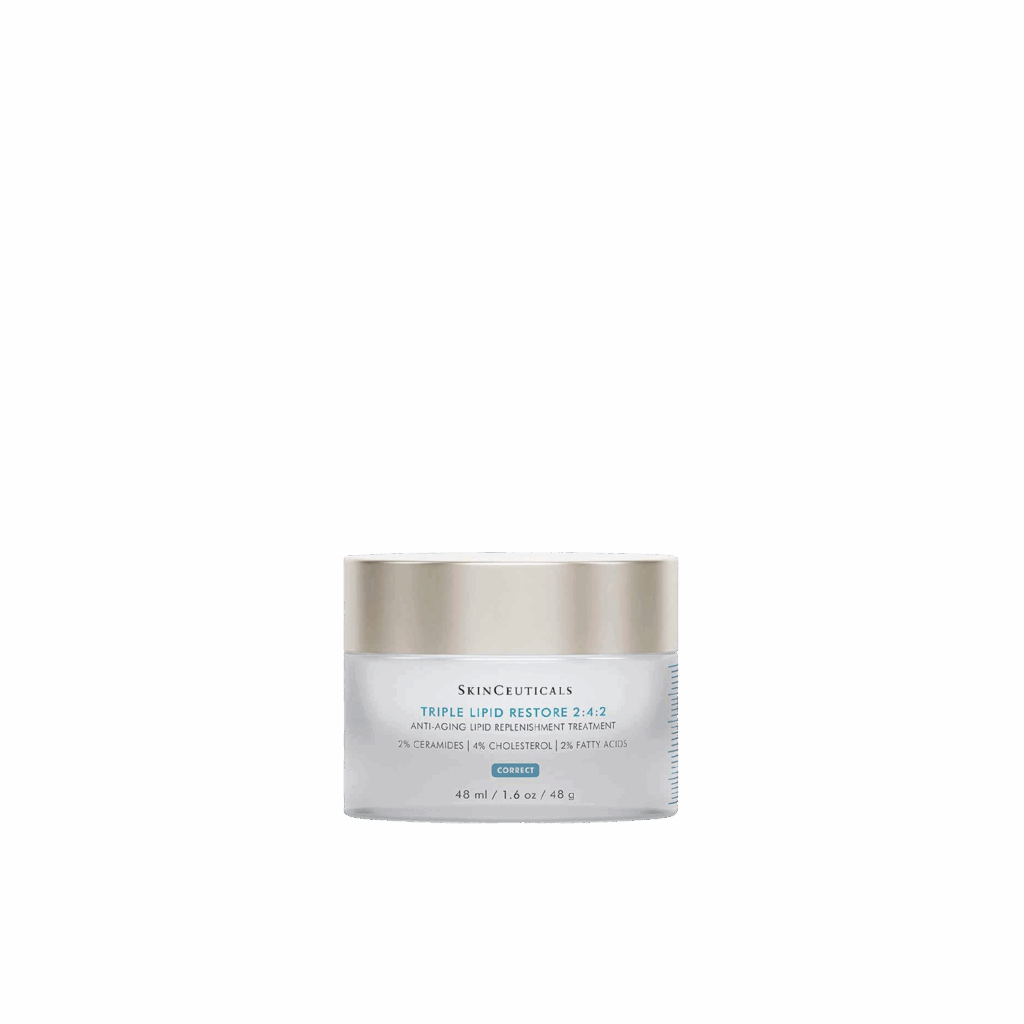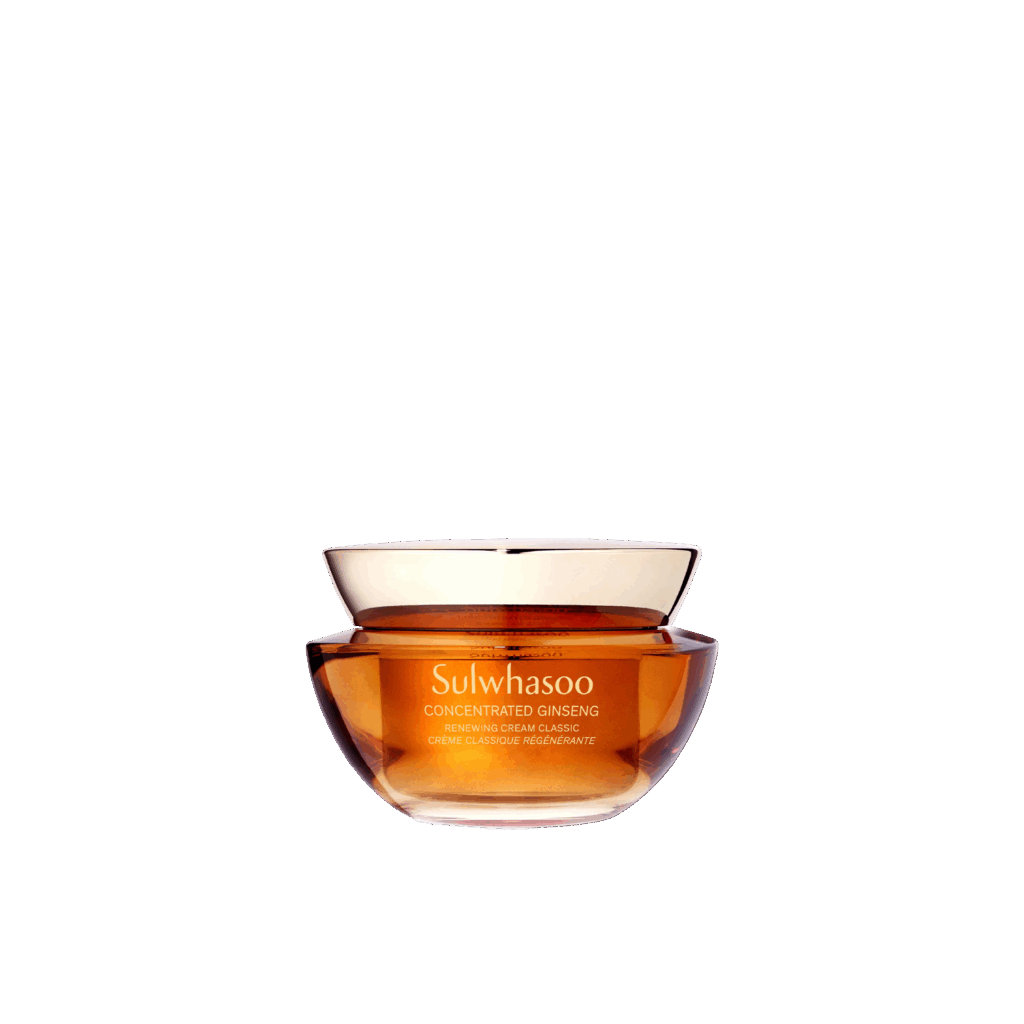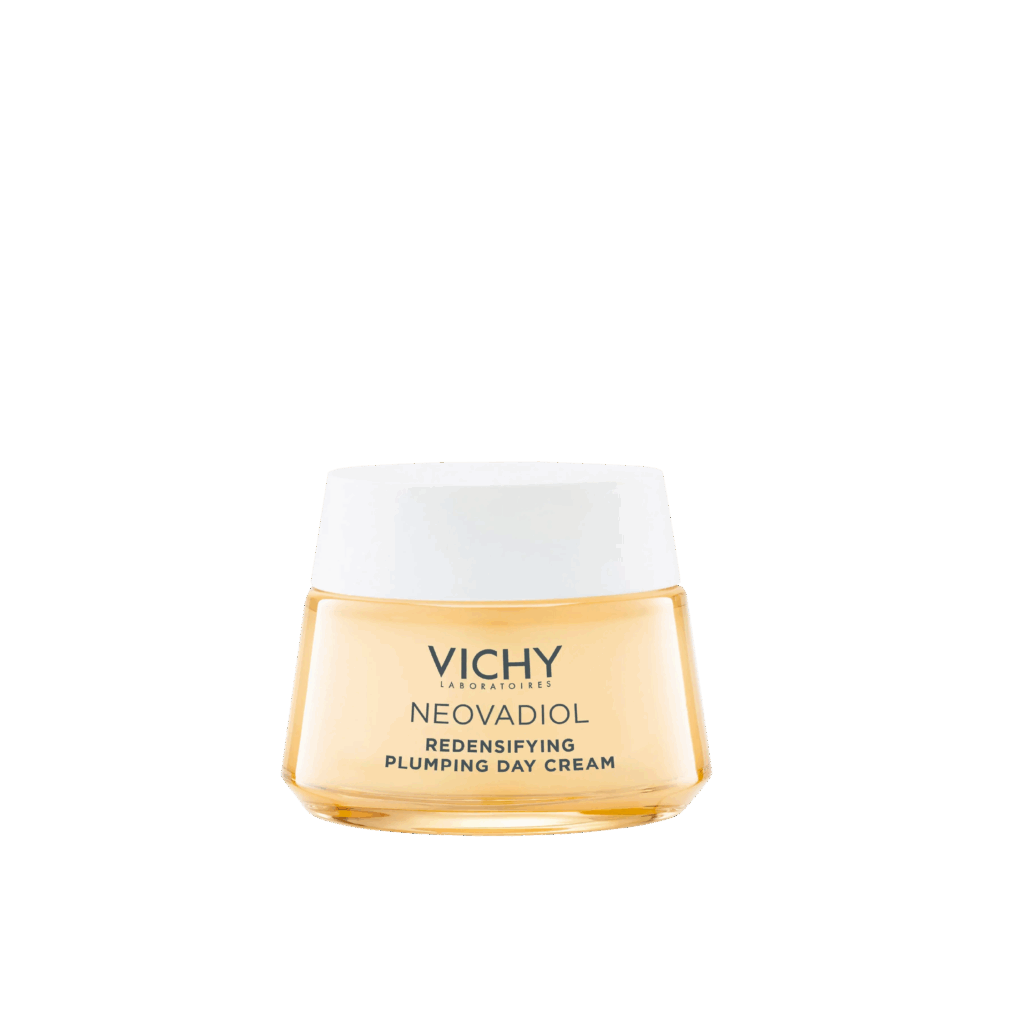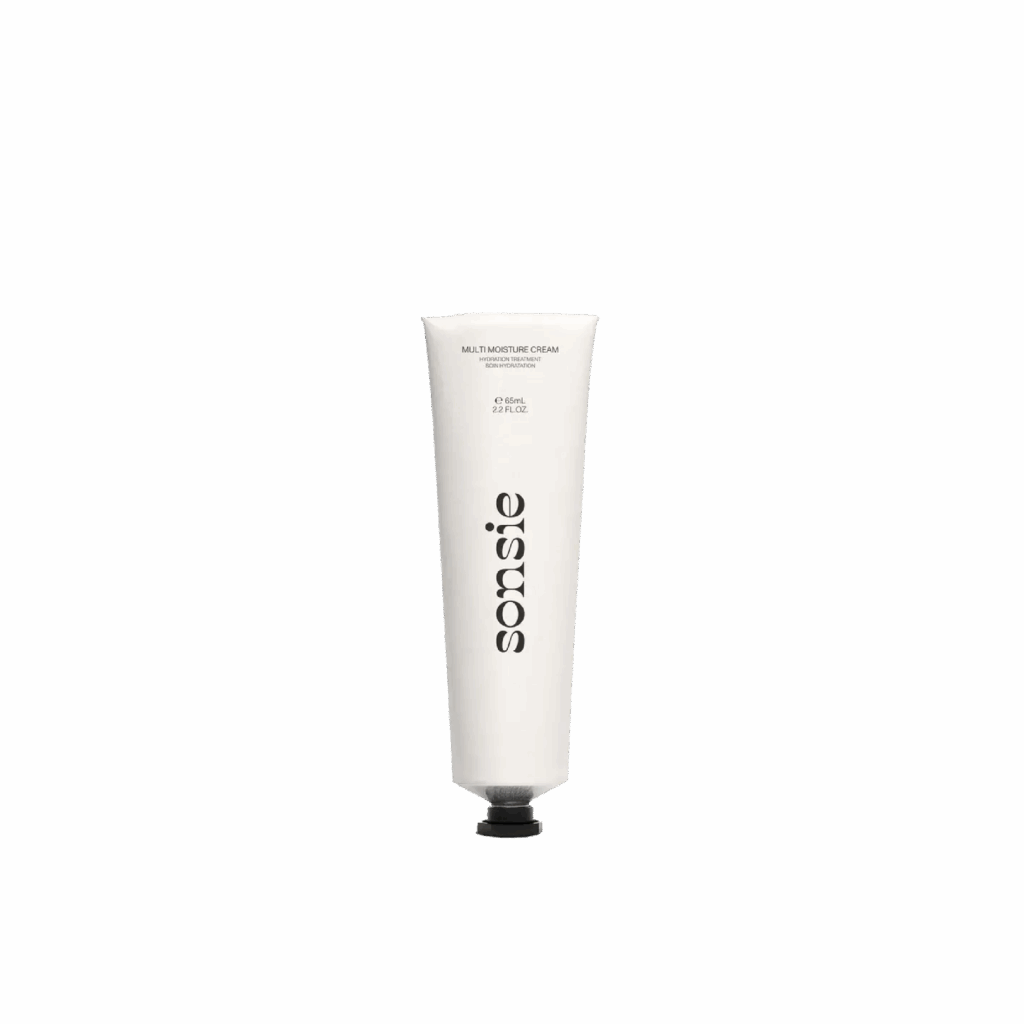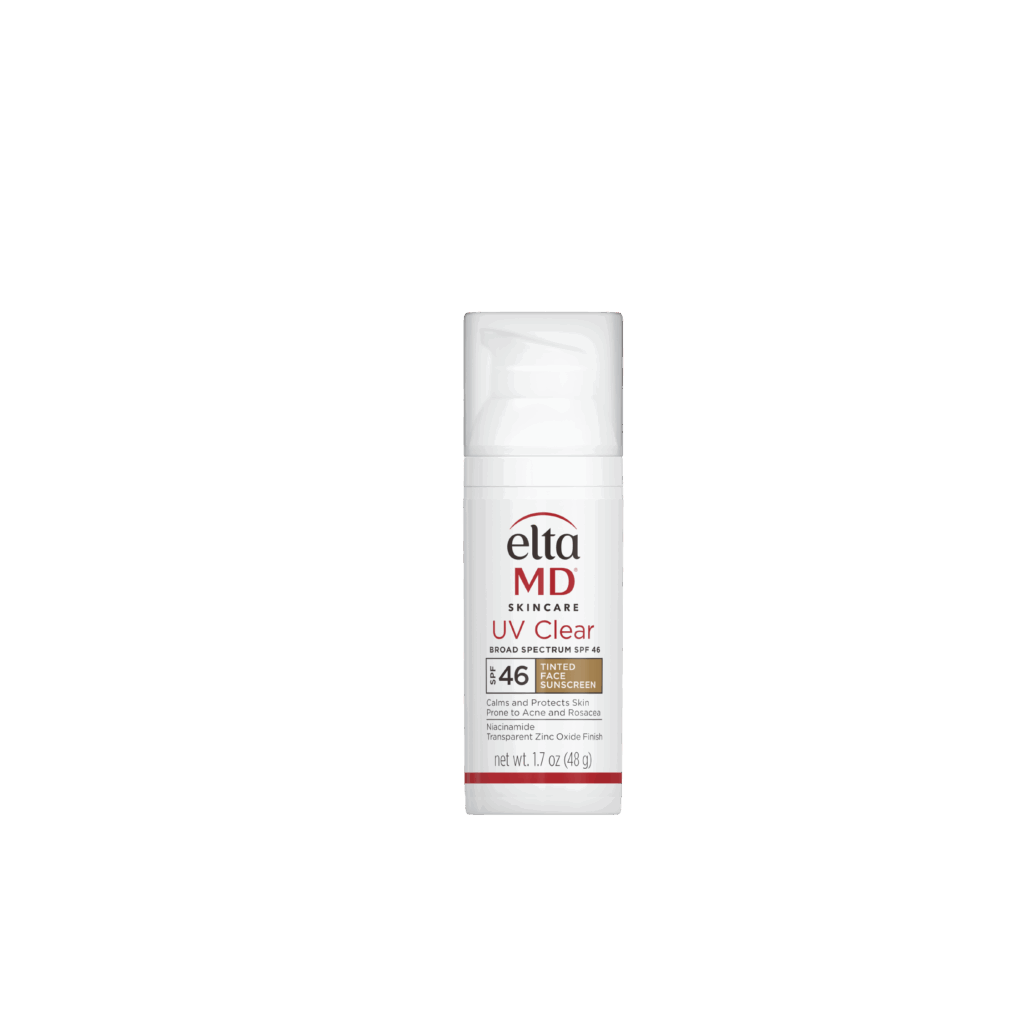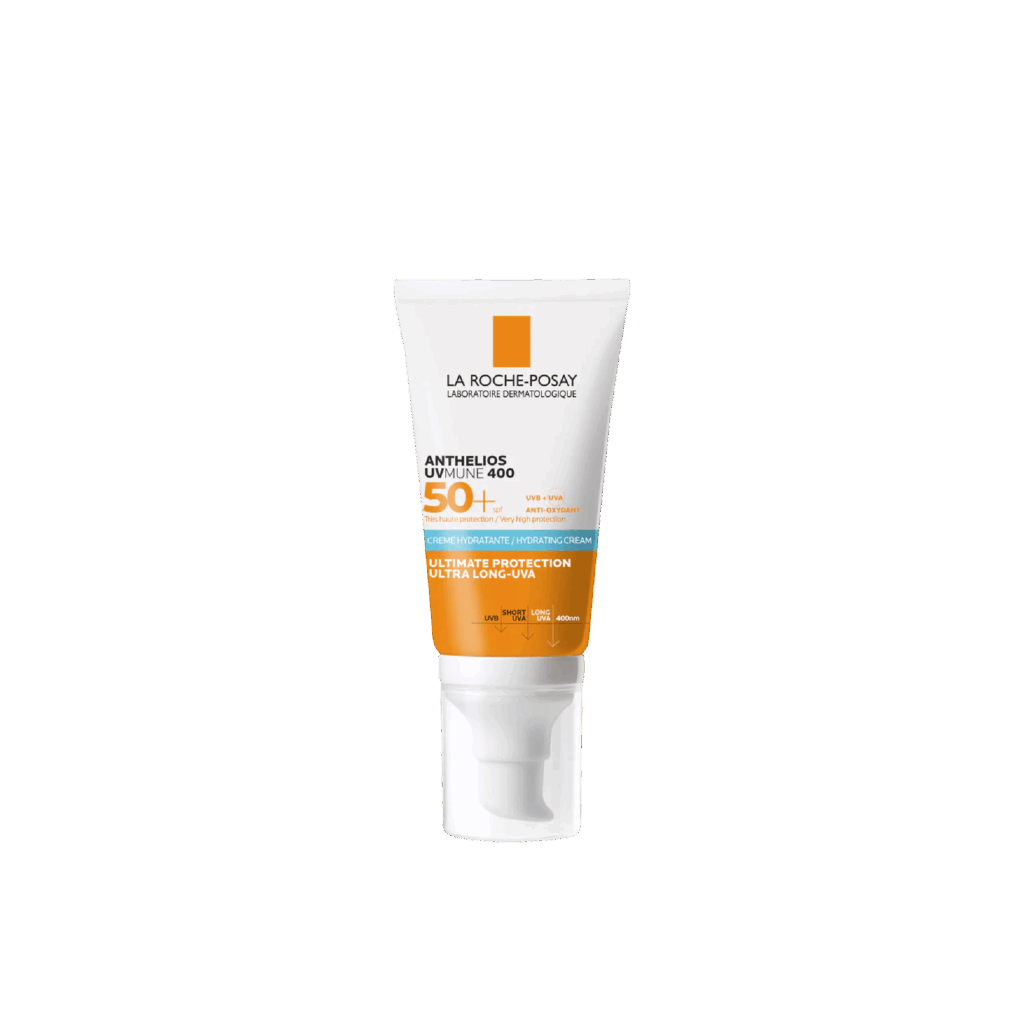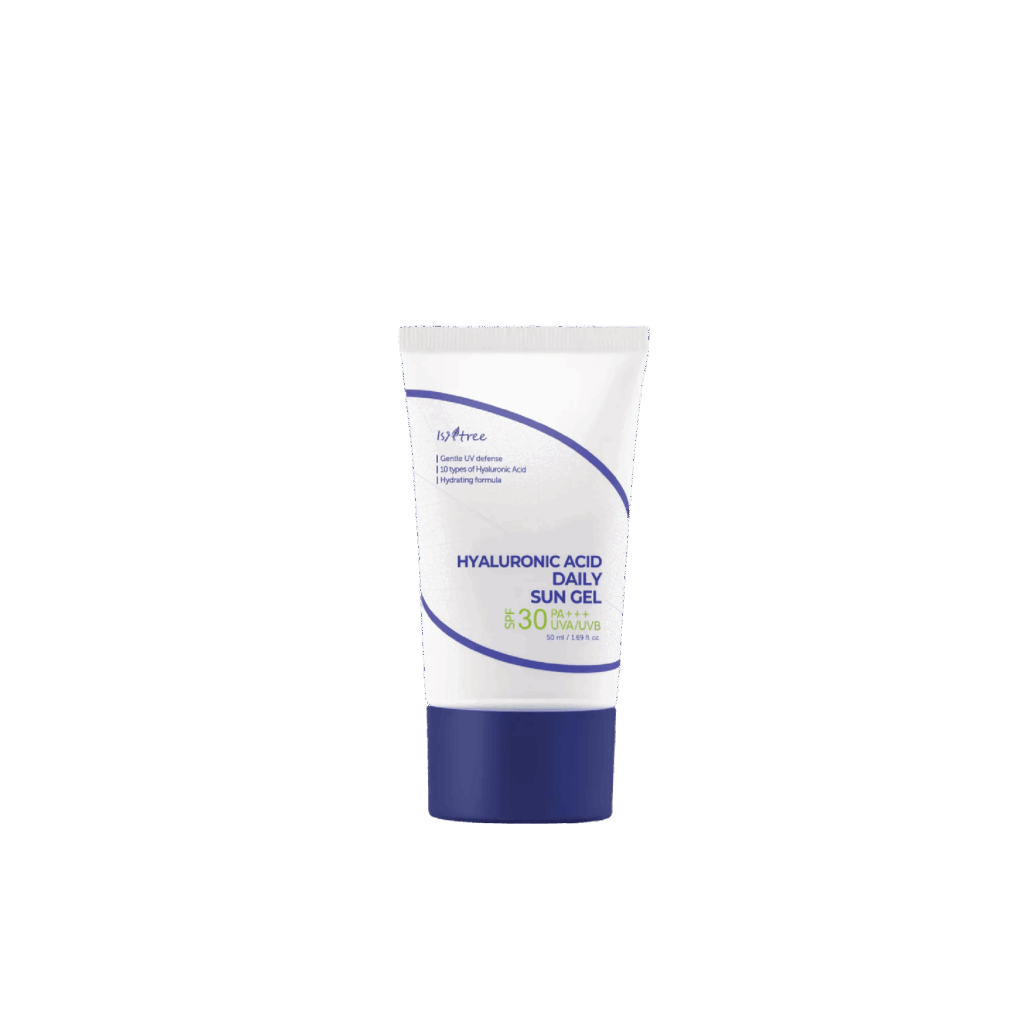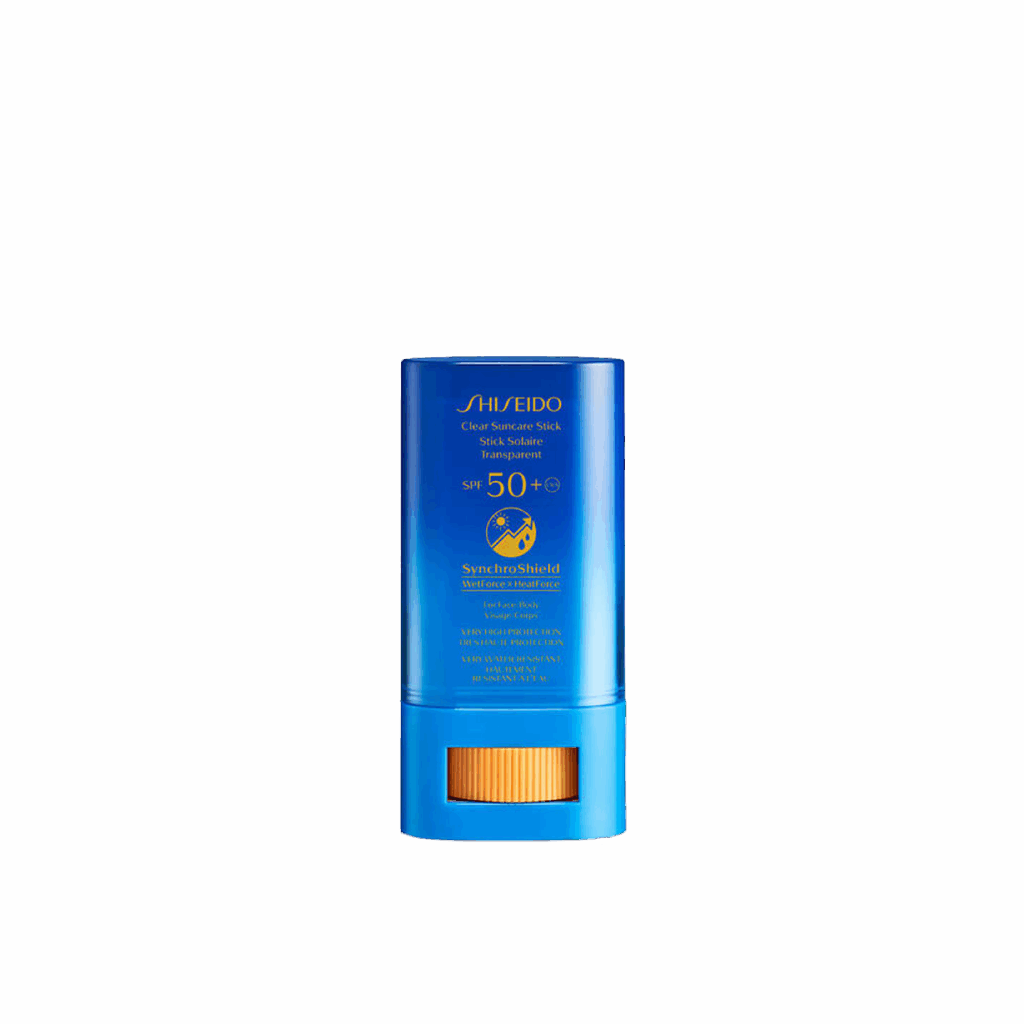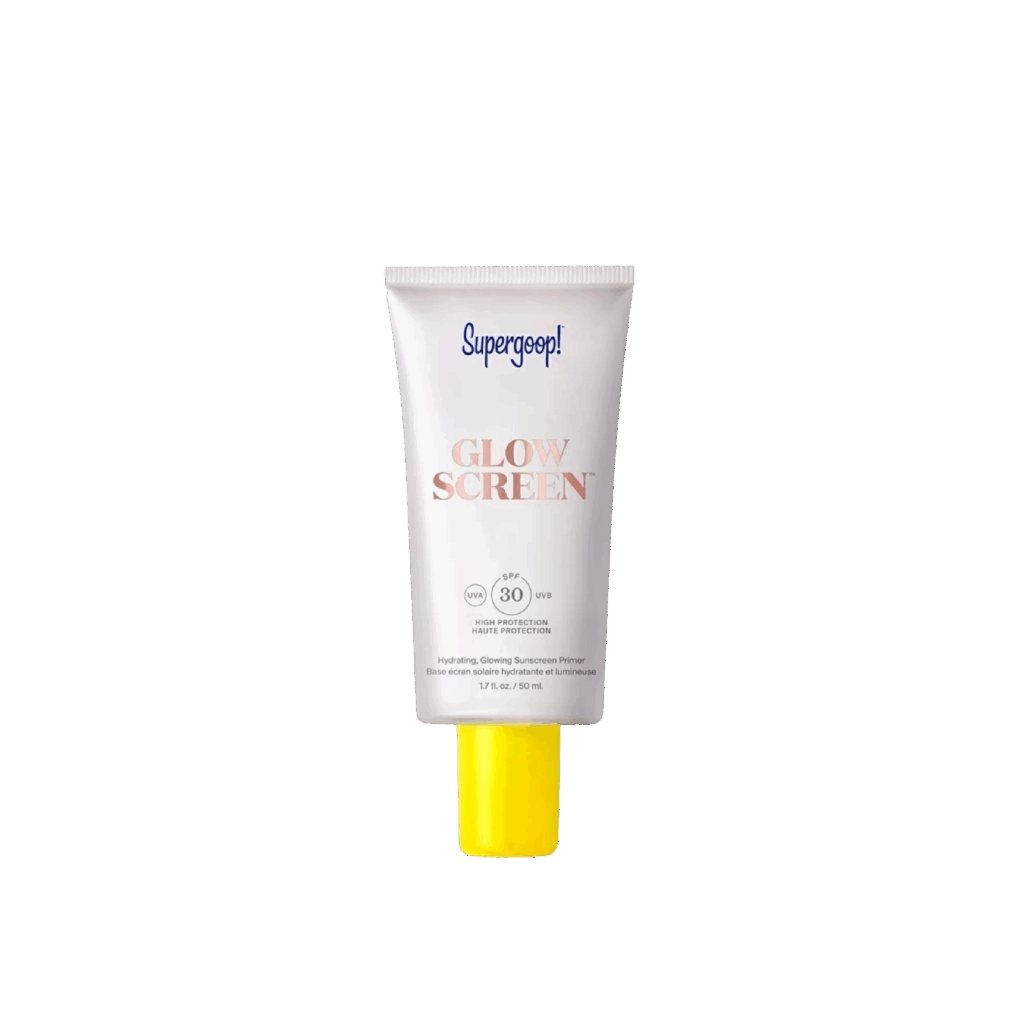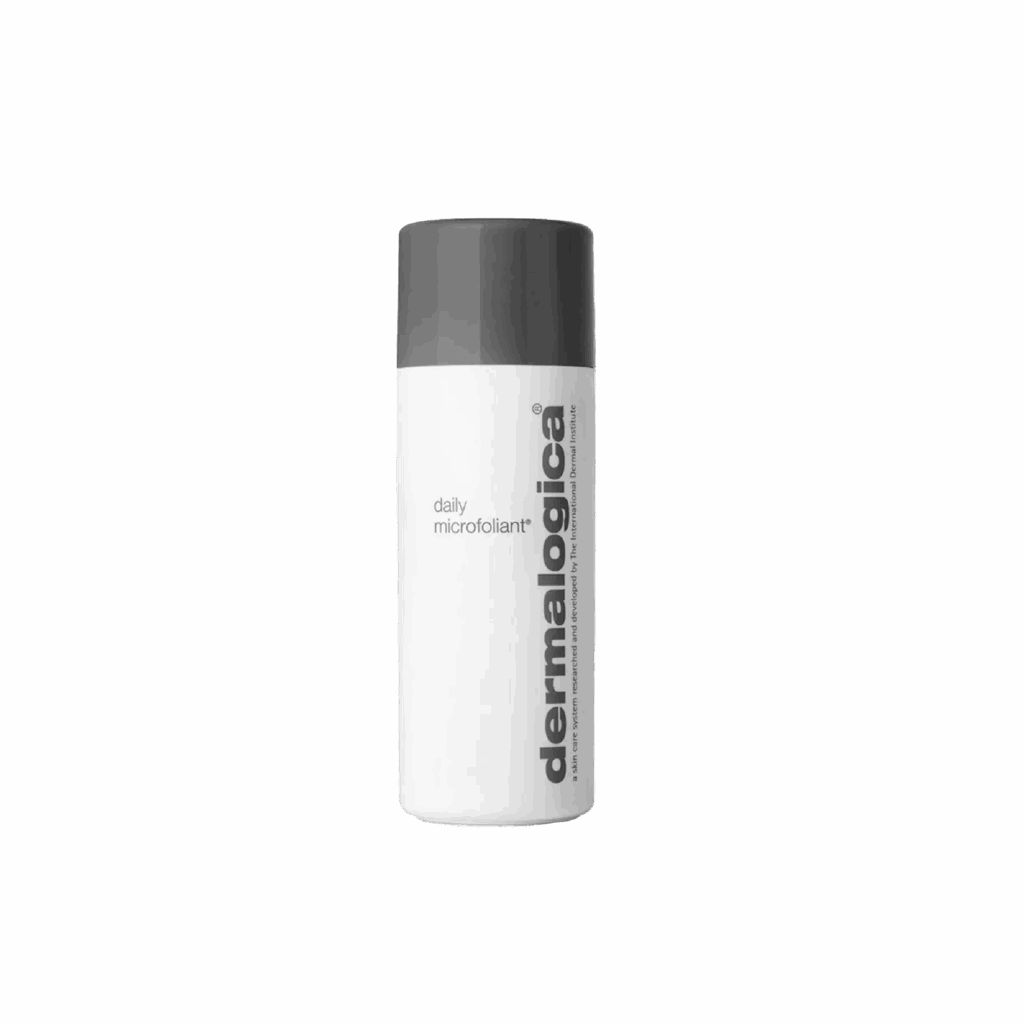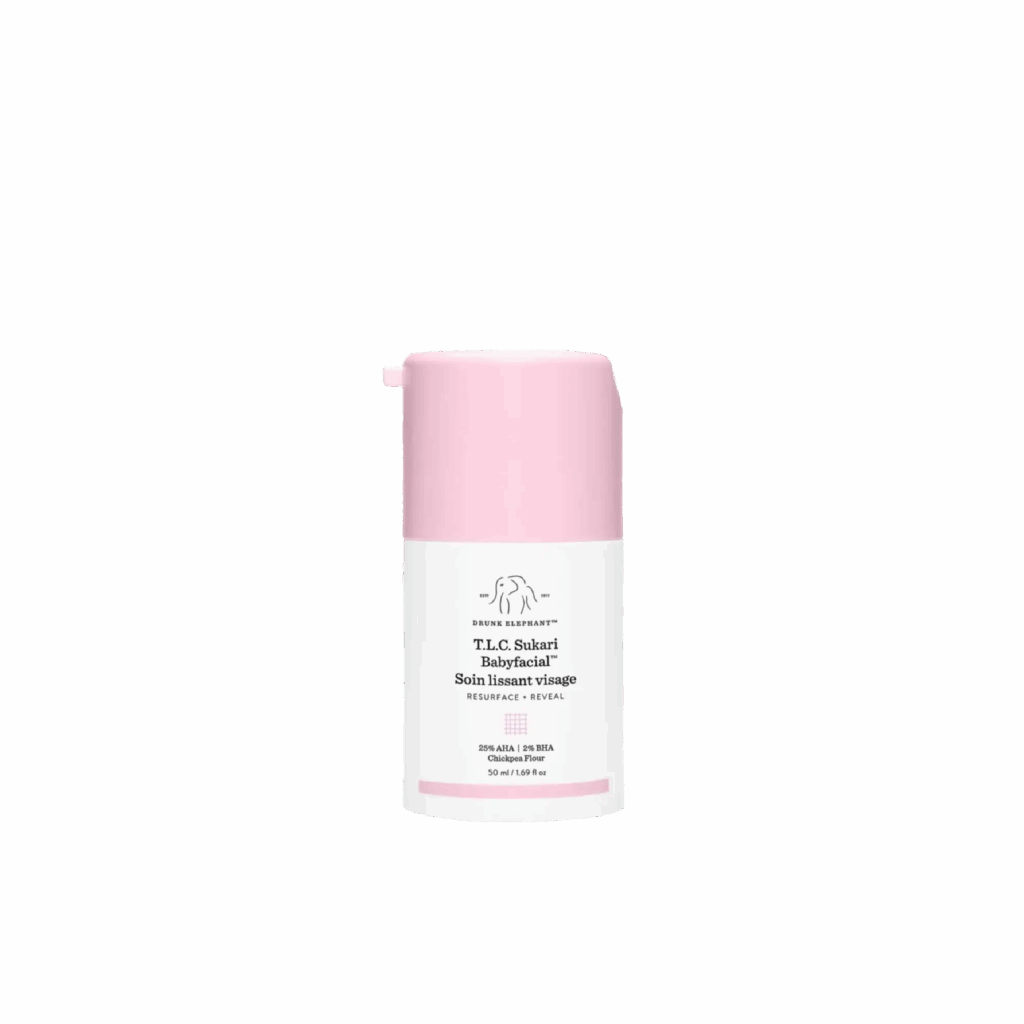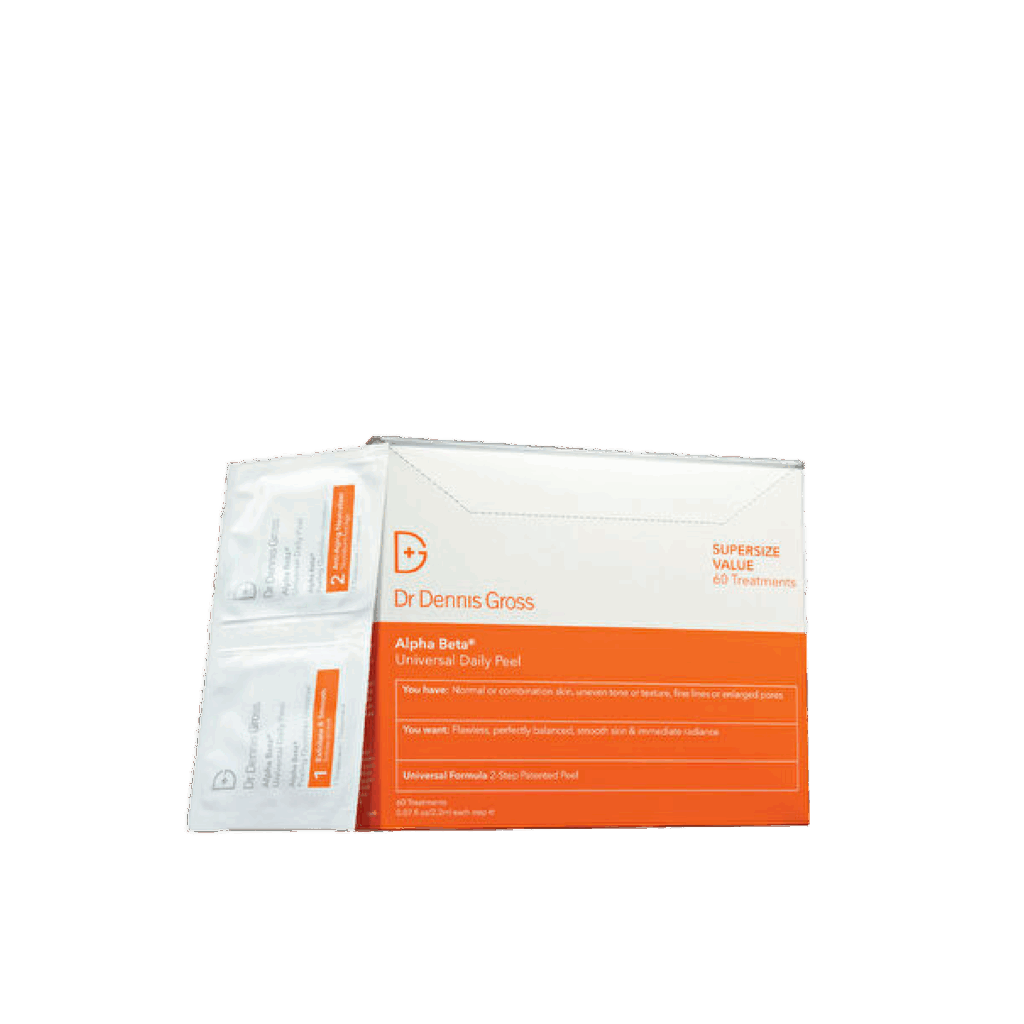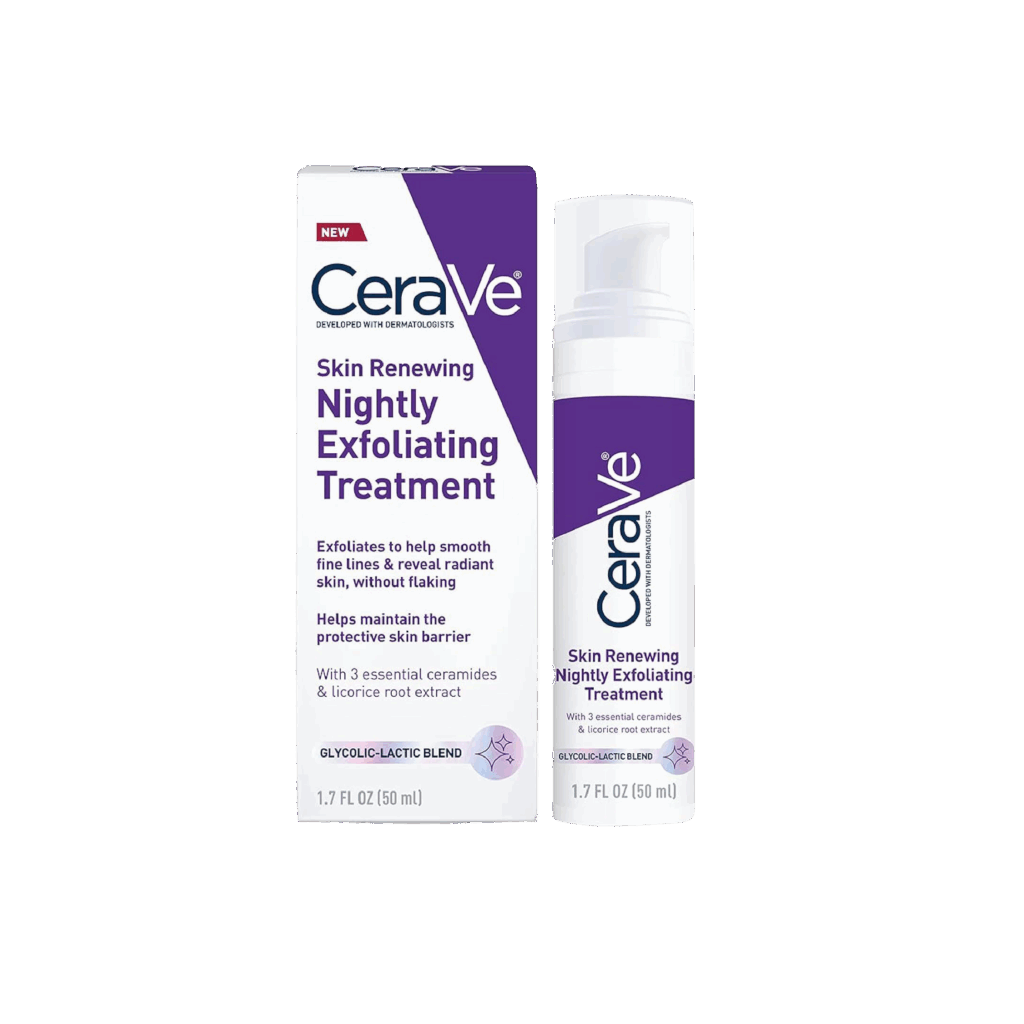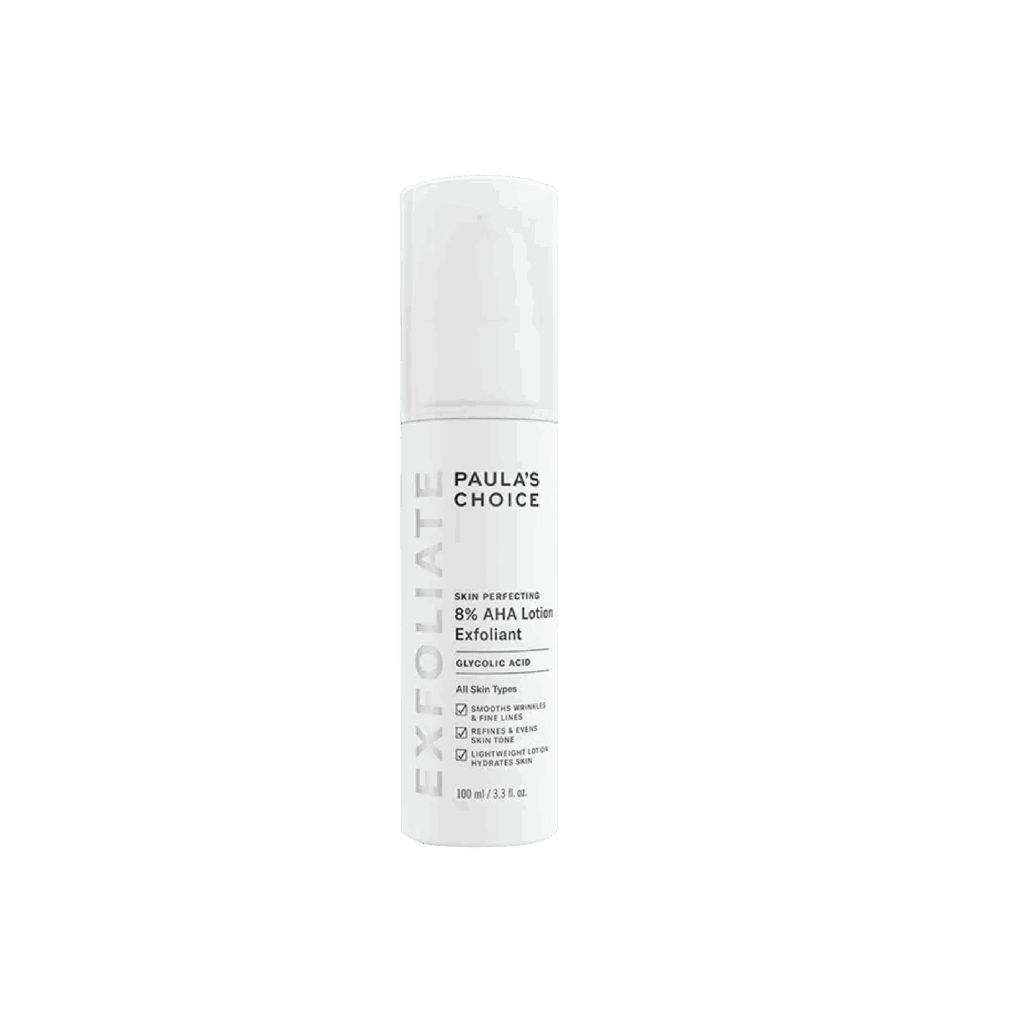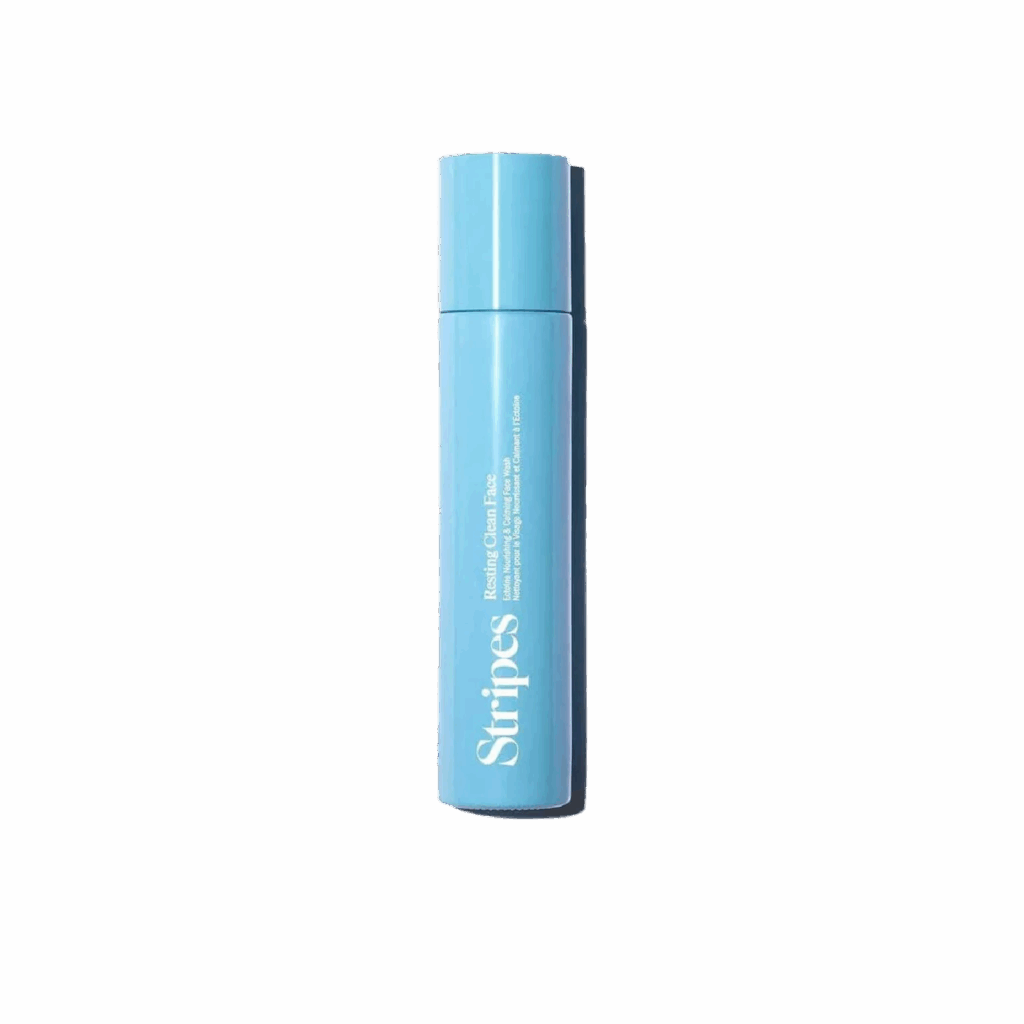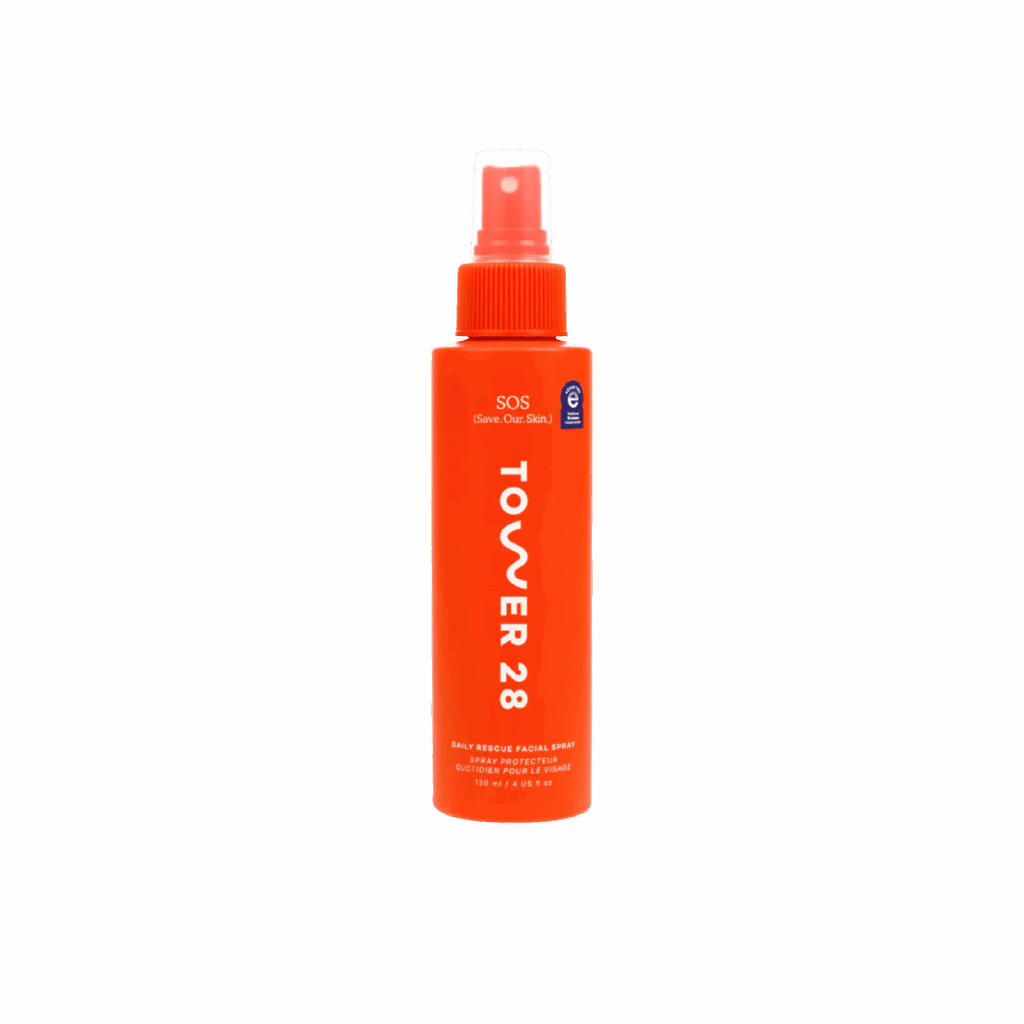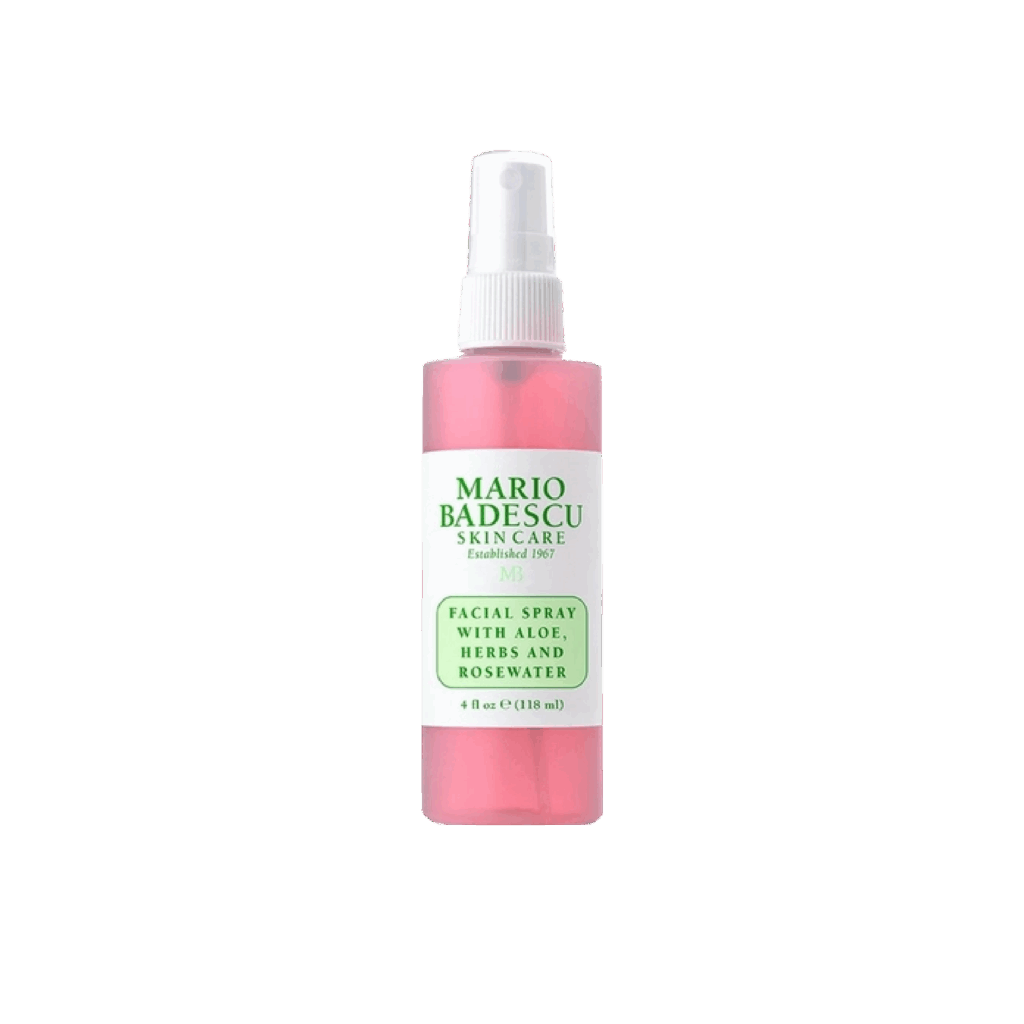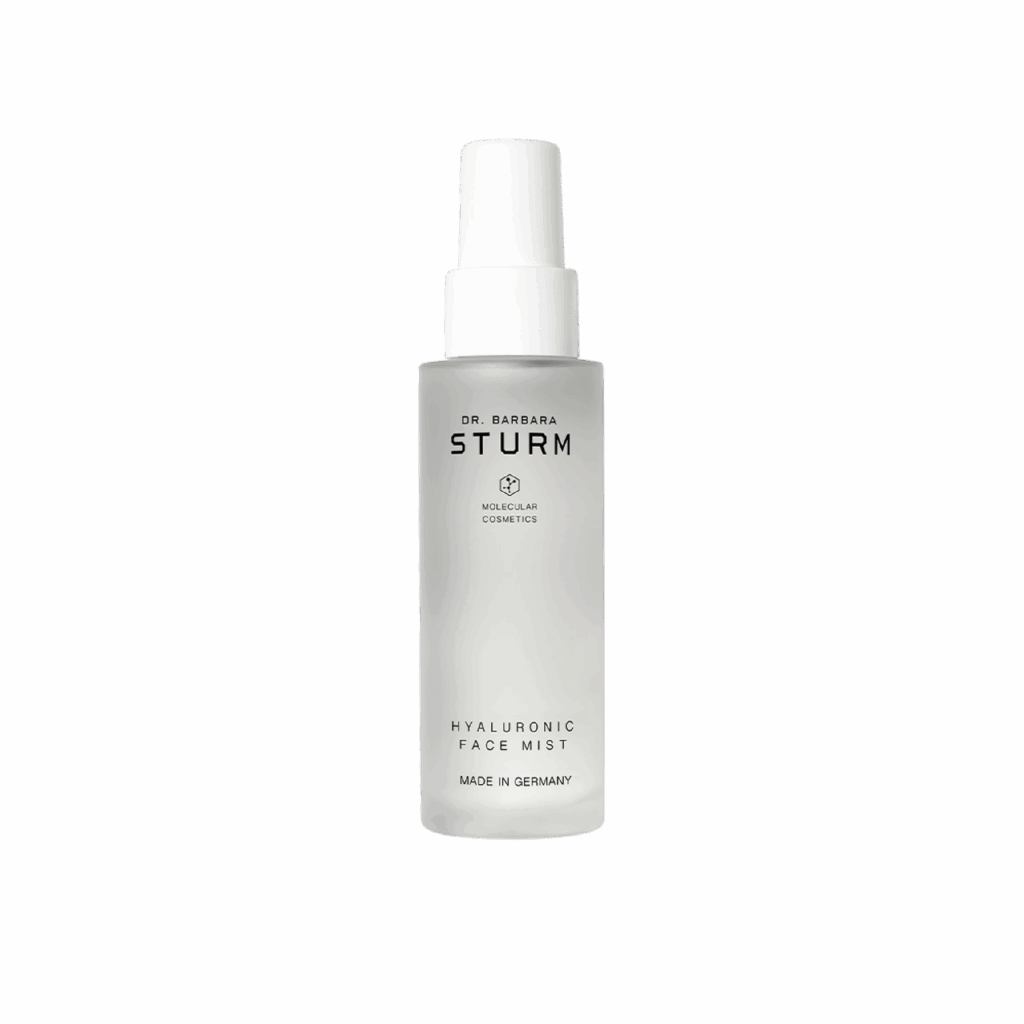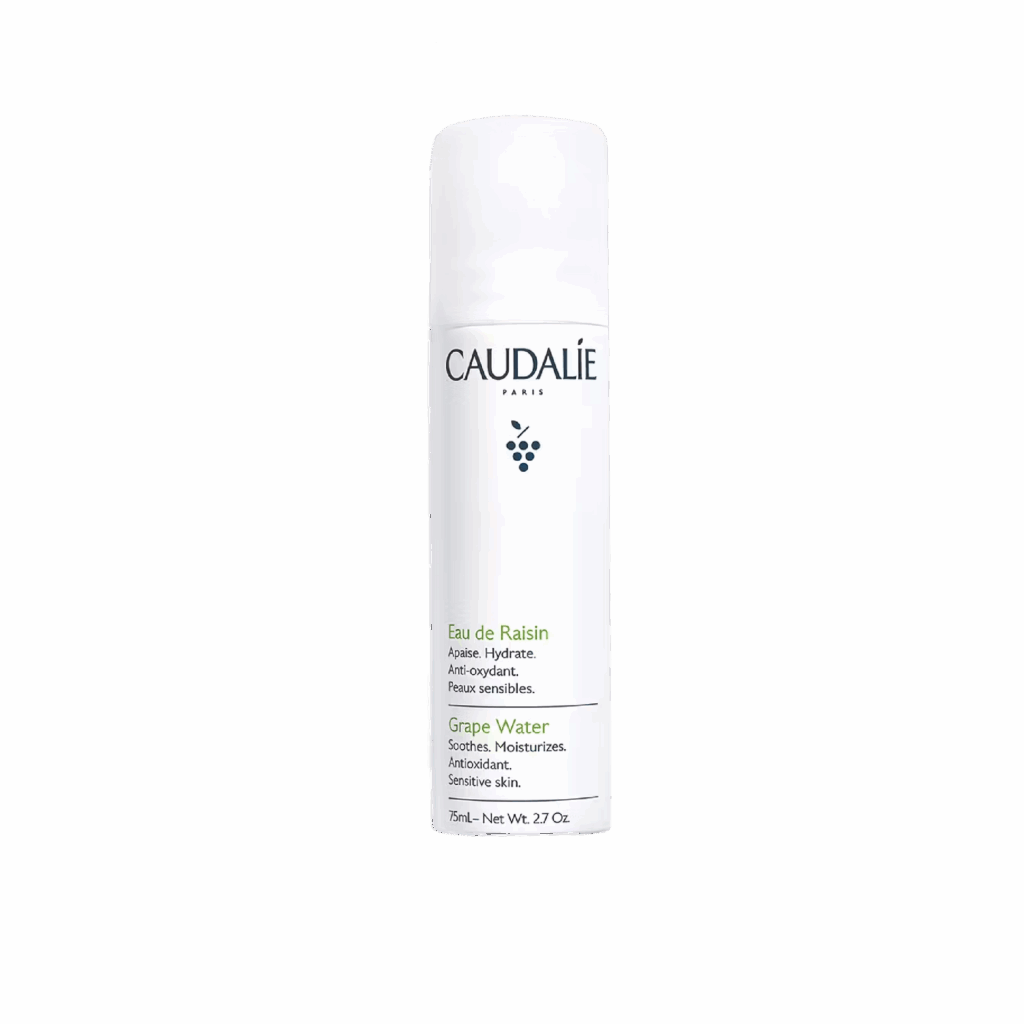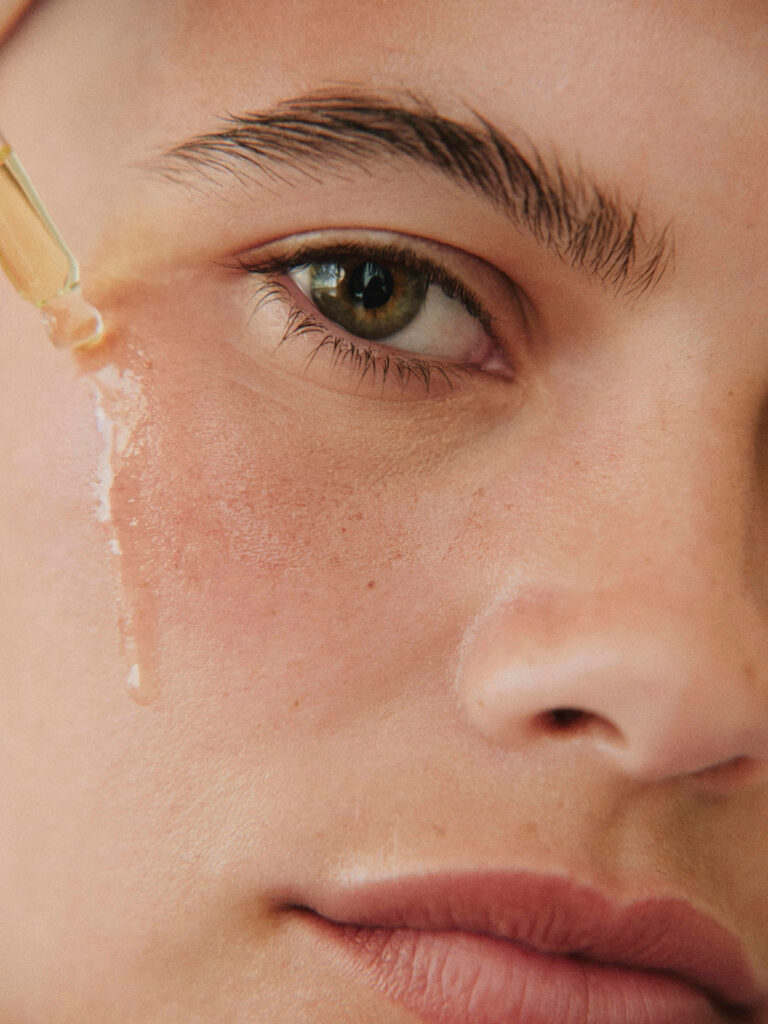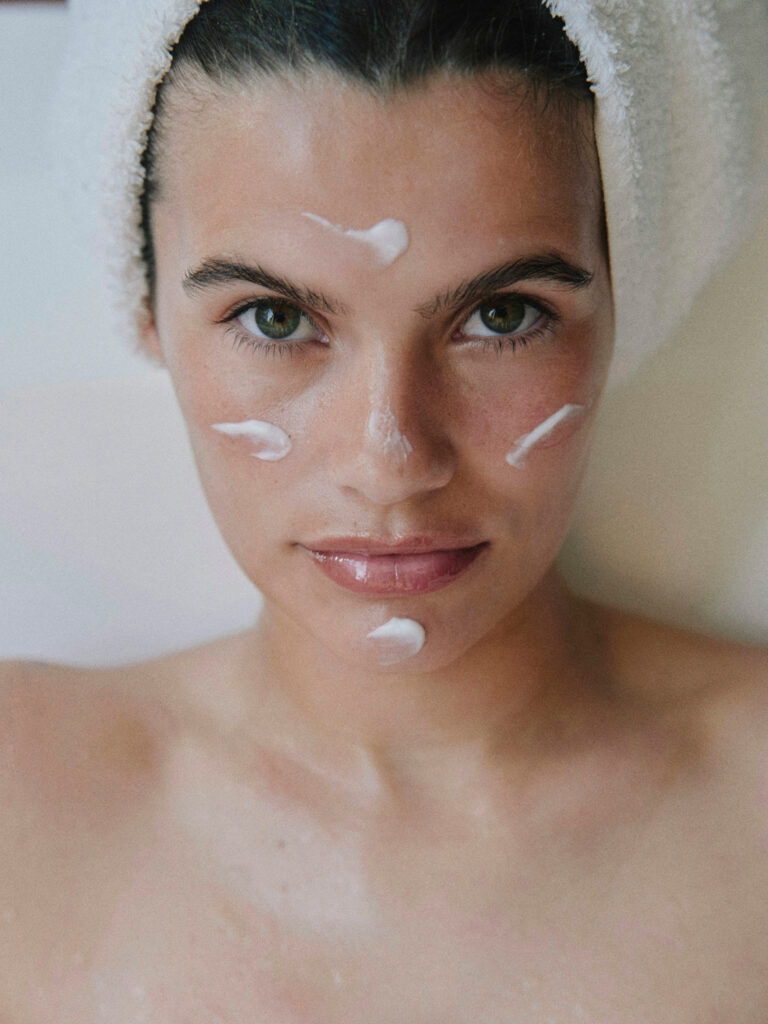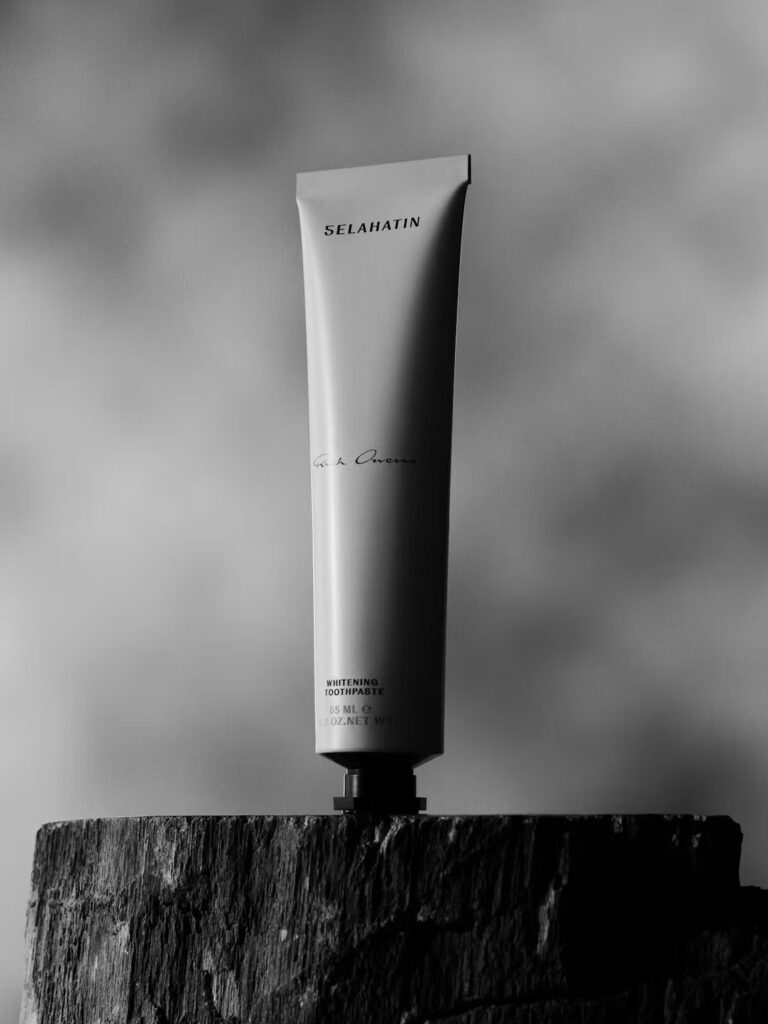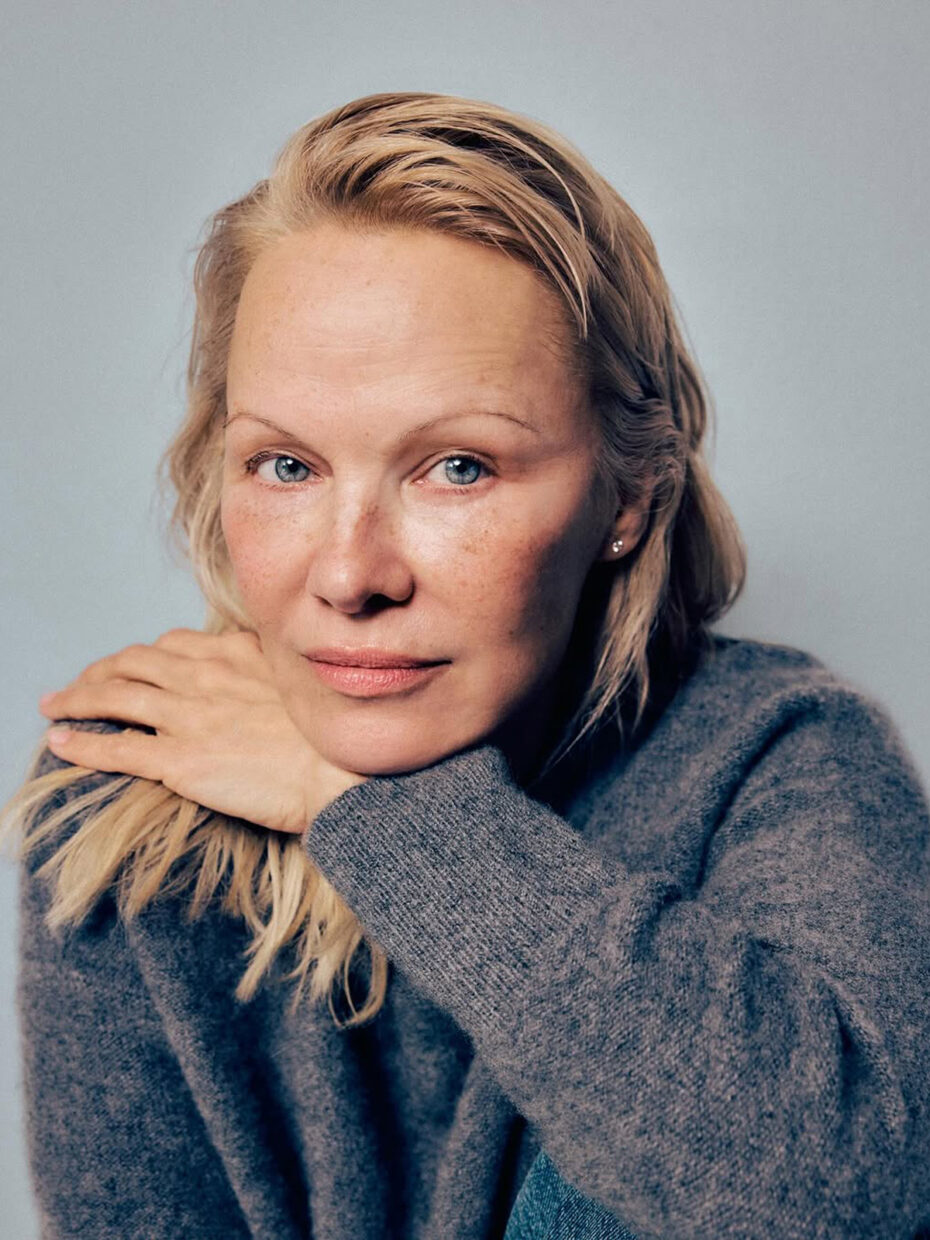
Photo: @pamelaanderson / Instagram
Skin
A Skincare Guide for Women in Menopause
Menopause is a natural phase in every woman’s life—and it often shows up on the skin. Here’s what to know and how to care for it.
Text Seda Yılmaz
Not too long ago, menopause was almost treated like a curtain call for womanhood. Aging was something to quietly accept, and the physical and emotional shifts that came with this transition were rarely talked about—let alone studied. In medicine and beauty, this life stage barely registered. Like periods once were, menopause was kept under wraps. This silence meant many women navigated this phase without guidance, often unable to voice their challenges and feeling isolated in the process.
But once periods stopped being something to feel ashamed of, the stigma around menopause started to break, too. That’s no coincidence. As the feminist movement gained strength, it sparked a powerful resistance against the shame and judgment used to control women’s bodies. And when it comes to menopause, the numbers speak volumes. According to the United Nations Population Fund, by 2025, 1.1 billion women globally will be in menopause—impacting more than one in five women in the workforce. A recent report by Women’s Health Access Matters estimates the menopause market, valued at around $18 billion in 2024, is projected to hit $27 billion by 2030. As the number of menopausal women rises, the market naturally follows. These shifts are a wake-up call for the beauty and wellness industries, which have long centered youth, urging them to finally speak to what women actually need.
How Menopause Affects the Skin
Every woman’s menopause experience is unique. Hot flashes, night sweats, fatigue, insomnia, and mood swings are common—but the intensity varies from person to person. What’s often most visible, though, are the changes in the skin. Hormonal fluctuations lead to moisture loss, leaving skin drier and more fragile. While these changes are natural, the more you understand what your body’s going through, the easier it becomes to care for your skin.
A drop in estrogen levels means less collagen, elastin, hyaluronic acid, and ceramides—all key to maintaining plump, resilient skin. That’s why fine lines become more visible, skin starts to sag, wounds take longer to heal, and bruising becomes more common. Dryness can also make skin more prone to irritation and inflammation. And there’s more—yes, estrogen really is that important. As it dips, skin gets thinner and more vulnerable to sun damage, which increases the risk of pigmentation. Hormonal shifts may also trigger conditions like rosacea or acne. But here’s the good news: none of this is irreversible.
What Your Skin Needs During Menopause
Start by reassessing your skincare routine. Are you moisturizing enough? Do you wear SPF all year round? A friend once asked if she could skip sunscreen since her moisturizer had SPF—and I said, “Let’s pretend I didn’t hear that.” Moisturizers with SPF aren’t the same as sunscreen. In fact, on sunny days, you should be reapplying SPF throughout the day.
When it comes to hydration, ingredients like hyaluronic acid, squalane, glycerin, and ceramides are your skin’s best friends.
Exfoliation matters, too. If you’re dealing with dullness or uneven skin tone, try products with alpha hydroxy acids (AHAs) or beta hydroxy acids (BHAs) to gently slough away dead skin cells. As we age, our skin’s natural renewal process slows down, so cell turnover takes longer. That’s one reason your skin might not look as radiant as it used to. Exfoliating can help—but don’t overdo it. Over-exfoliating can easily irritate thinning, sensitive skin. The key is tuning into your skin’s needs and adjusting your routine accordingly.
To help with fine lines and wrinkles, consider adding retinol to your routine. This powerhouse ingredient supports collagen production and skin renewal. Start with a low concentration and give your skin time to adjust. Jumping into a high-strength formula for faster results can backfire. Retinol can also be drying, so make sure your moisturizer is doing the work—and yes, always wear sunscreen.
Some women also experience hormonal acne during menopause. Drying out breakouts might feel like a quick fix, but it can throw your skin further off balance. Instead, reach for products with salicylic acid to help unclog pores without stripping moisture. Keeping the skin hydrated is key here, too.
And finally, support your skin with antioxidants. Vitamin C is a classic go-to, but niacinamide, bakuchiol, and vitamin E are also excellent for reducing signs of sun damage and helping smooth fine lines.
Skincare Products for Menopause
Cleansers
Serums
Moisturizers
Sunscreens


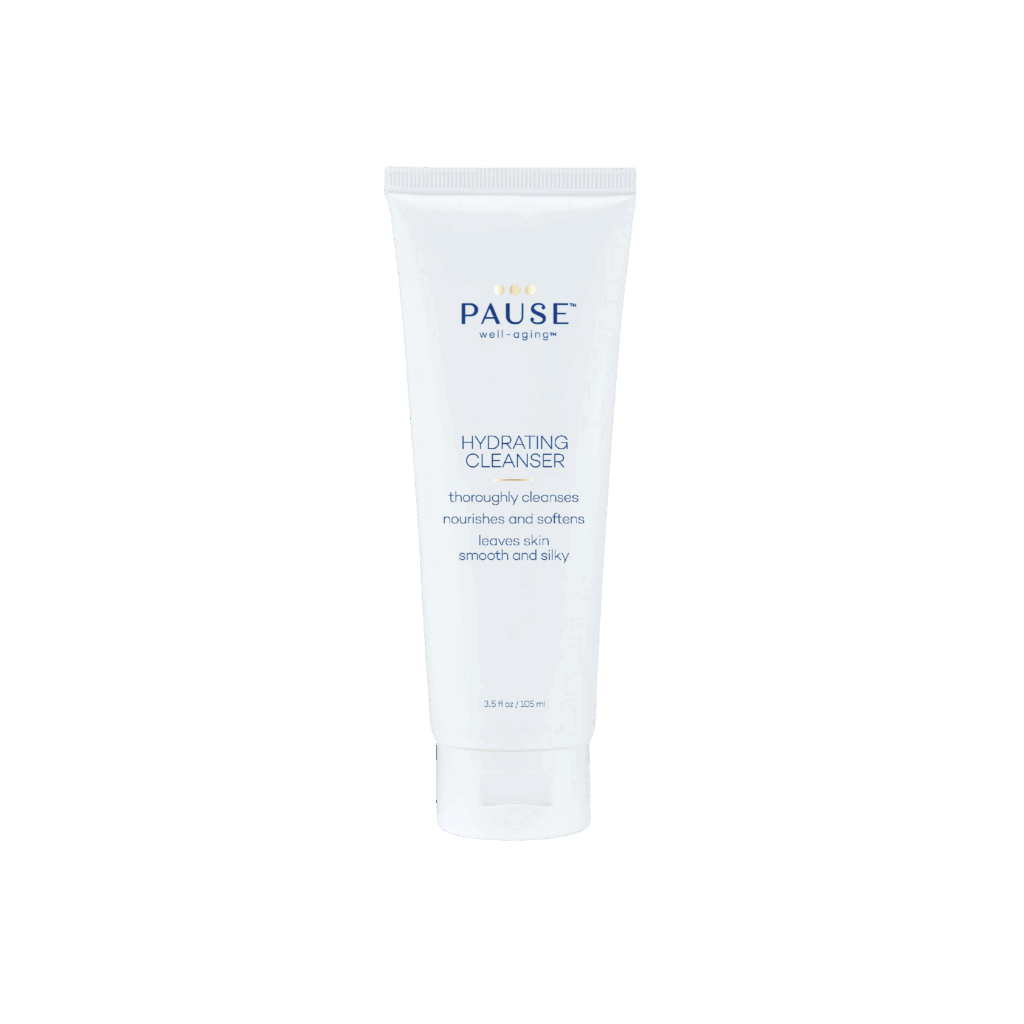
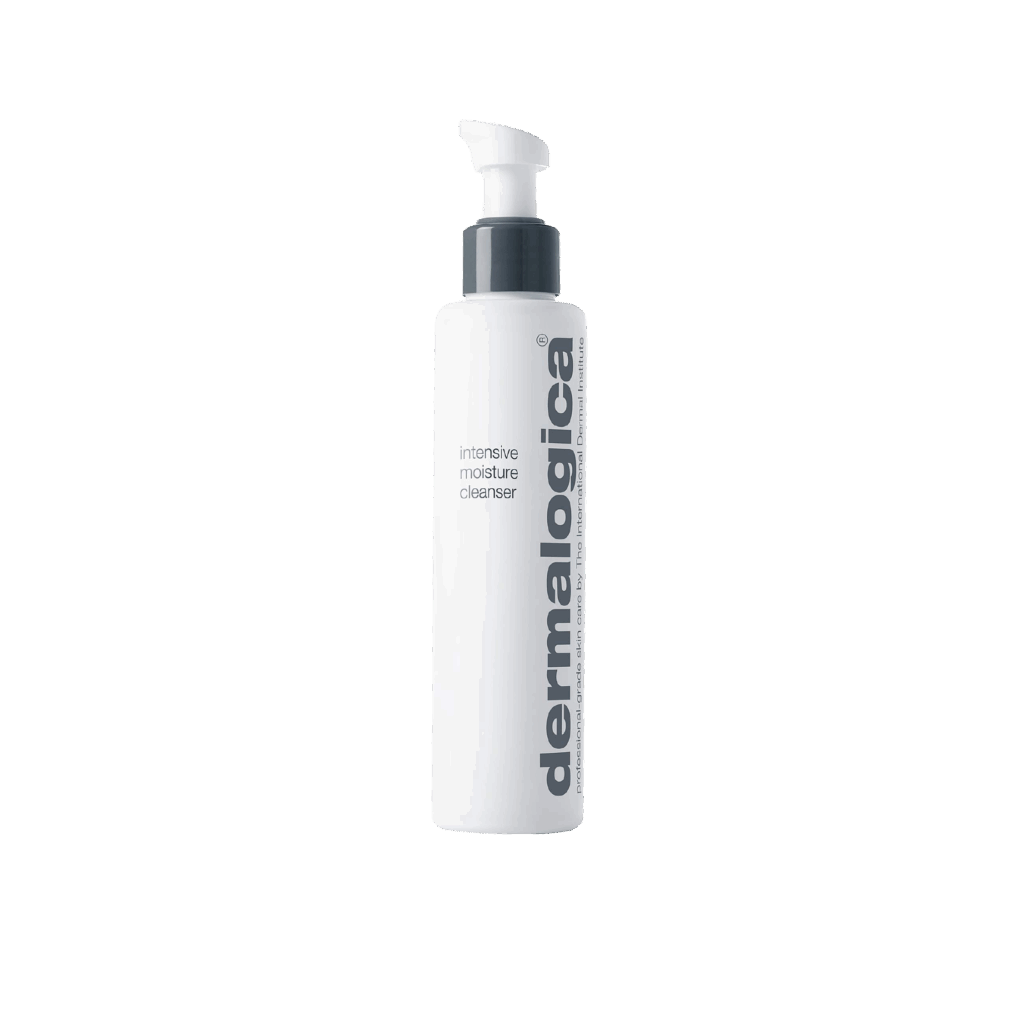
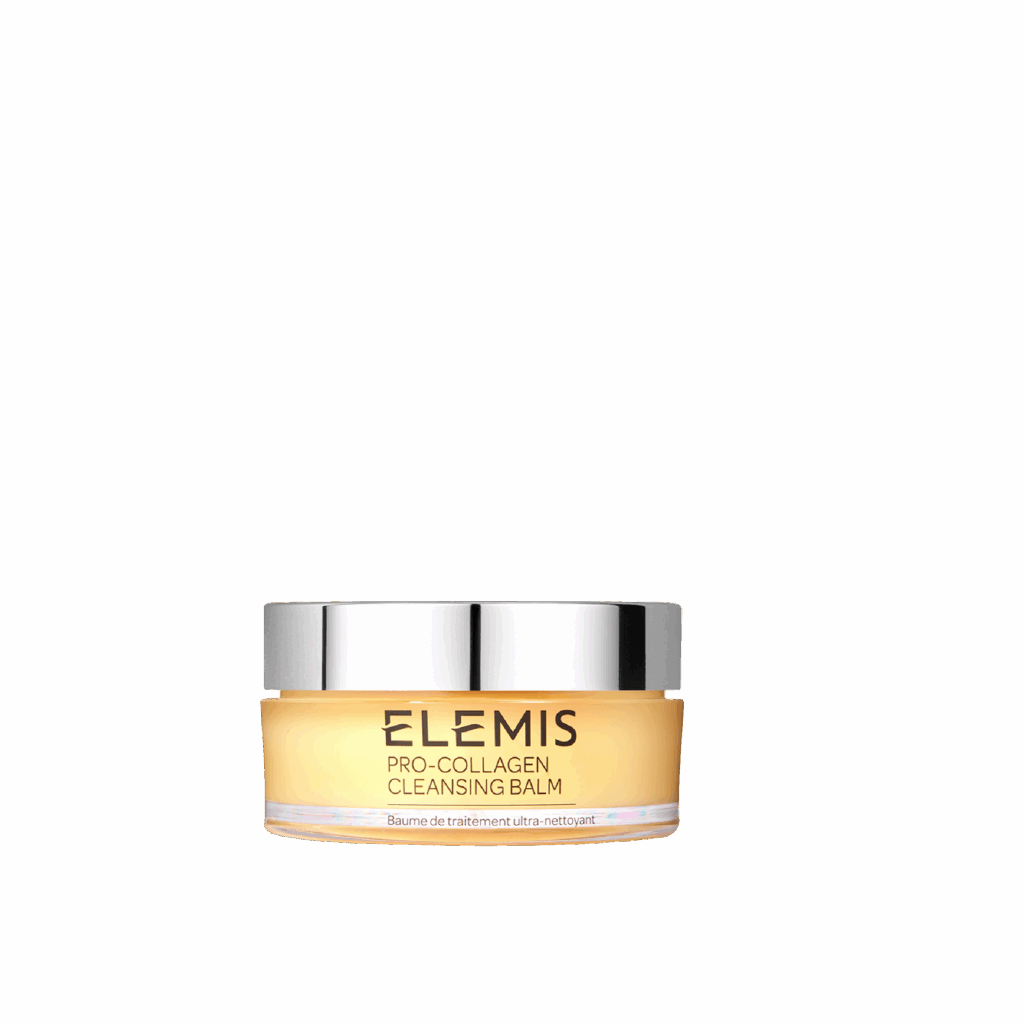
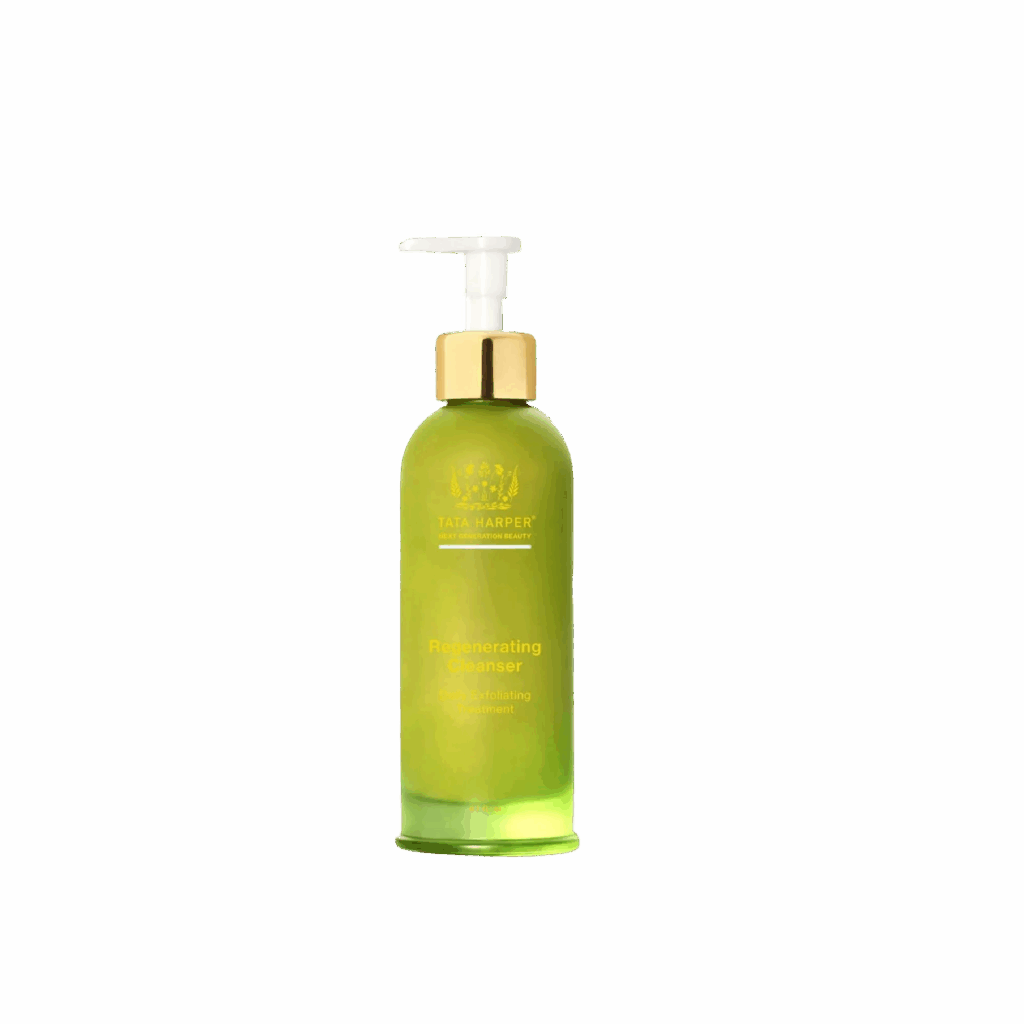
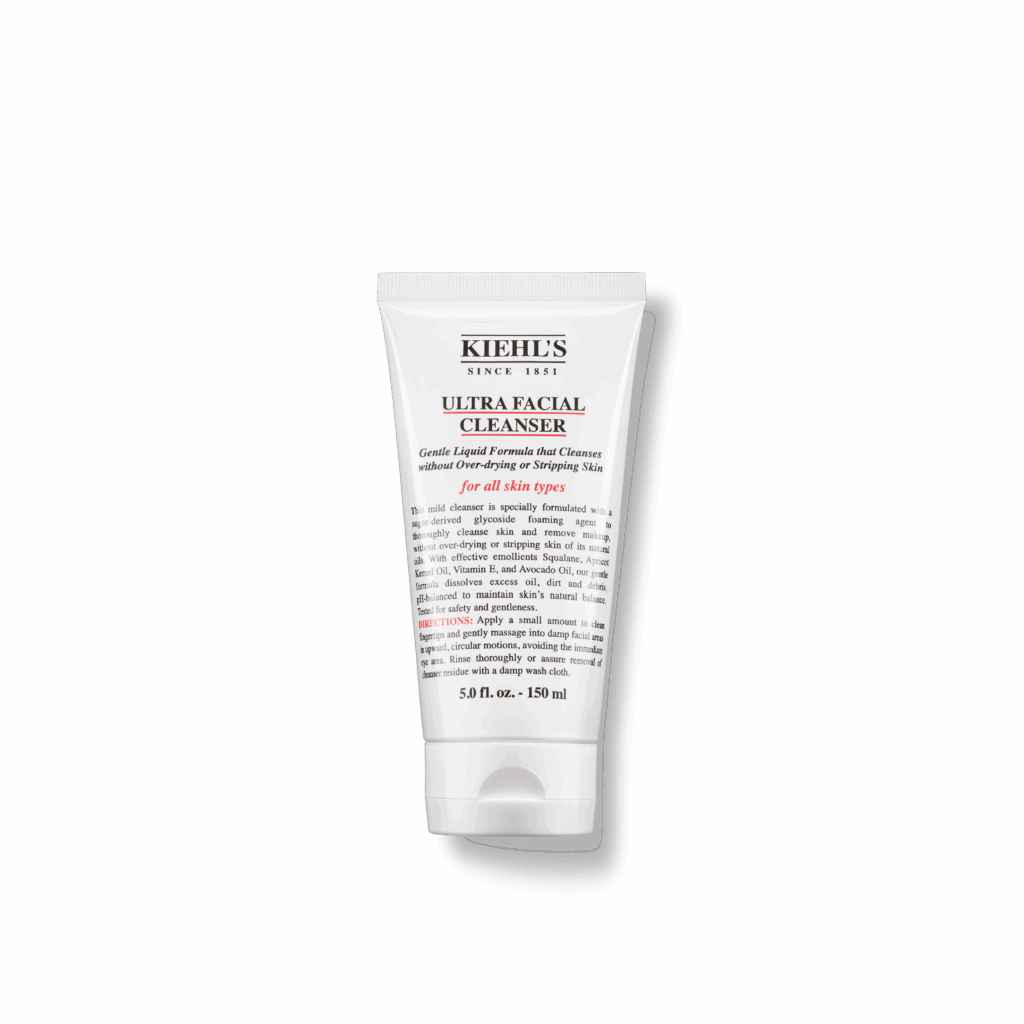
 Previous
Previous
